Not all garden plants play nice together.
While you might think that you can throw seeds into the ground anywhere the soil is good and the sunlight is ample, the truth is that there are many plants that simply don’t go well together. There are several reasons why this is the case. In some instances, it’s simply a matter of a tall plant robbing a shorter plant of water and sun.In other cases, there are plants that are susceptible to the same diseases or pests. Some plants even have the ability to chemically damage others - these are known as allelopathic plants, which leave behind chemicals that can stunt the growth of or even kill other plants.
While companion planting is a great way to get more yields out of your garden, you also need to pay attention to the opposite - which plants don’t go well together?
Avoid growing these plants together for greater harmony in your garden.
Plants You Should Never Grow Together
It is fun to think about planning out your garden, and especially when trying to figure out how to fit everything into your space. While it may make sense to plant things together for space-saving, sometimes it can be detrimental. Below you will find out which plants are best to keep apart, and how to make the most of your garden.
These are some of the most common mistakes people make when gardening, but it's totally preventable! Of course, there are also a few plants that work well together in this list of companion planting pairs that you should remember when planning.
1. Melons and Squash
You might love the look of multiple vines entangling themselves together across your garden path, but unfortunately, you really need to avoid planting too many vine crops close together.
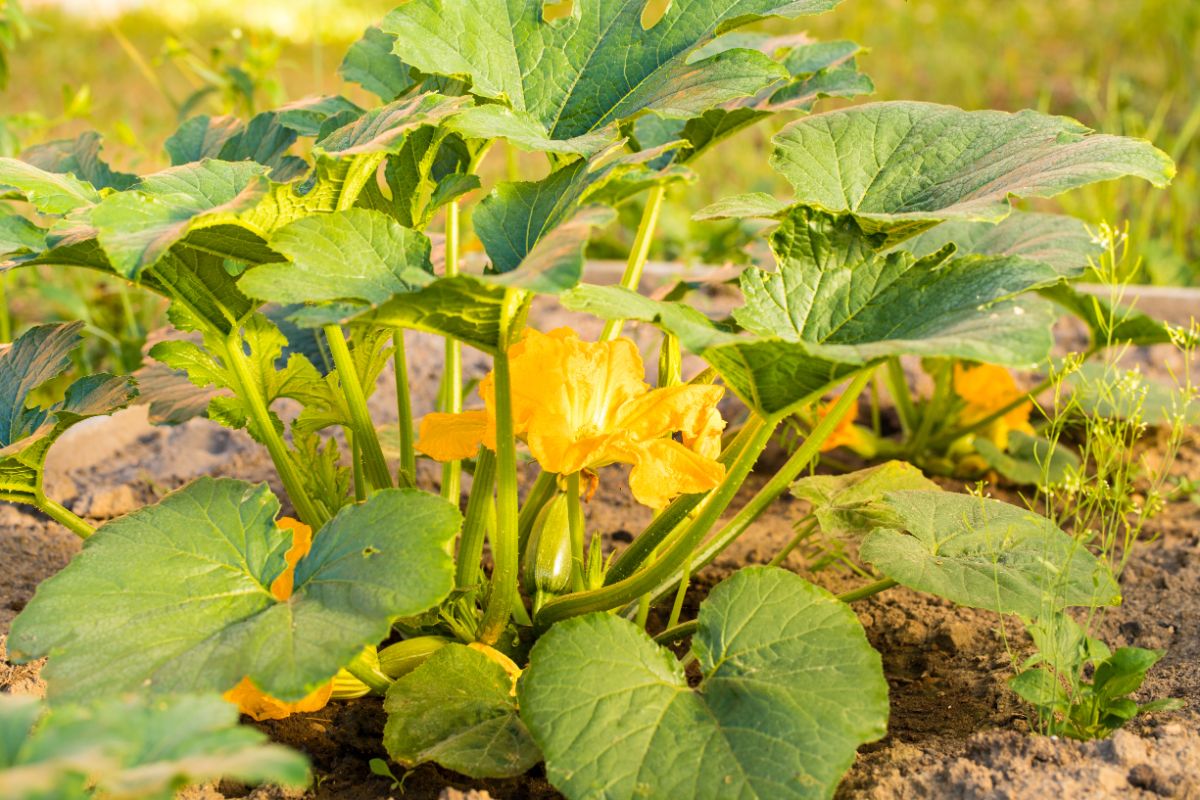
Not only will this create a garden bed that is difficult to manage (you should try to avoid moving the vines after the plants have been planted) but it can also increase the likelihood of diseases. Melons and squash of all kinds (including cucumbers) are prone to many of the same diseases and pests.
2. Potatoes
Potatoes have a place in just about every garden, but sadly, they don’t get along well with many kinds of plants. You may want to dedicate an isolated corner of your garden just to growing potatoes to prevent potential problems.
For example, despite the fact that potatoes and tomatoes are members of the same family, they do not grow well next to each other. Potatoes can slow your tomato plants’ growth and the tomatoes make the potatoes more susceptible to potato blight. Try to avoid planting potatoes where tomatoes were grown the year before, and vice versa.
As a side note, potatoes also do not grow well when planted near squash, peppers, eggplant, sunflowers, turnips, melons, or cucumbers. If you are working in a smaller garden space, you might like using the Garden Tower for your potato plants. This works great and makes it easy to move them if needed!
3. Sunflowers
Try not to plant sunflowers too close to any of the plants in your garden. They emit a chemical from their roots that make it more difficult for nearby plants to survive. You are safe as long as you give twelve inches of space between your sunflowers and the next set of closest plants.
Make sure you harvest the seed heads before they begin to mature and drop, as these also emit chemicals that can kill plants. Their height can be a limiting factor, too, as they can shade out other plants that like to be grown in the sun.
That said, there are a few benefits to planting sunflowers in the garden. They attract hordes of pollinators, so you won’t have to worry about your plants not setting fruit!
4. Radishes and Broccoli
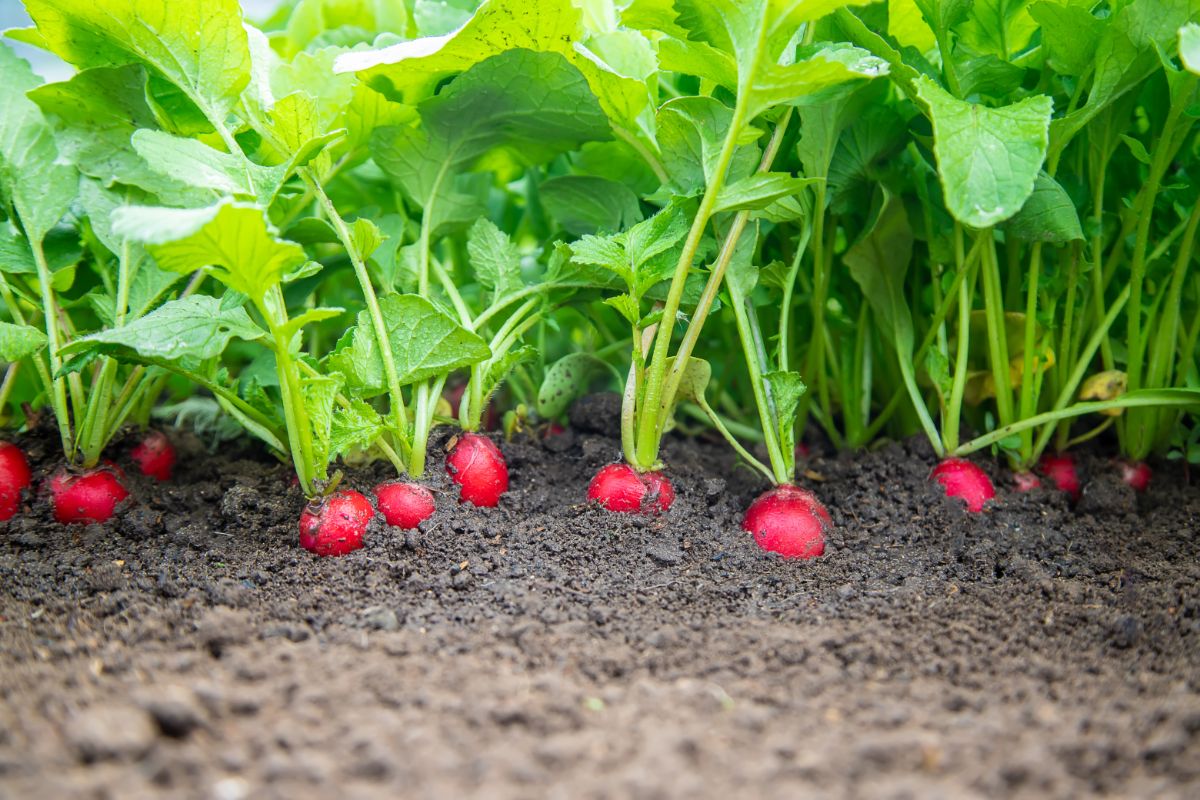
Radishes grow well with all kinds of plants and are recommended companion species for beans, beets, carrots, melons, cucumbers, lettuce, parsnips, peas, squash, spinach, and many other crops.
However, you should avoid planting radishes near broccoli, cauliflower, cabbage, kohlrabi, potatoes, turnips, and grapes. For whatever reason, radishes don’t play nice with these vegetables.
5. Corn and Tomatoes
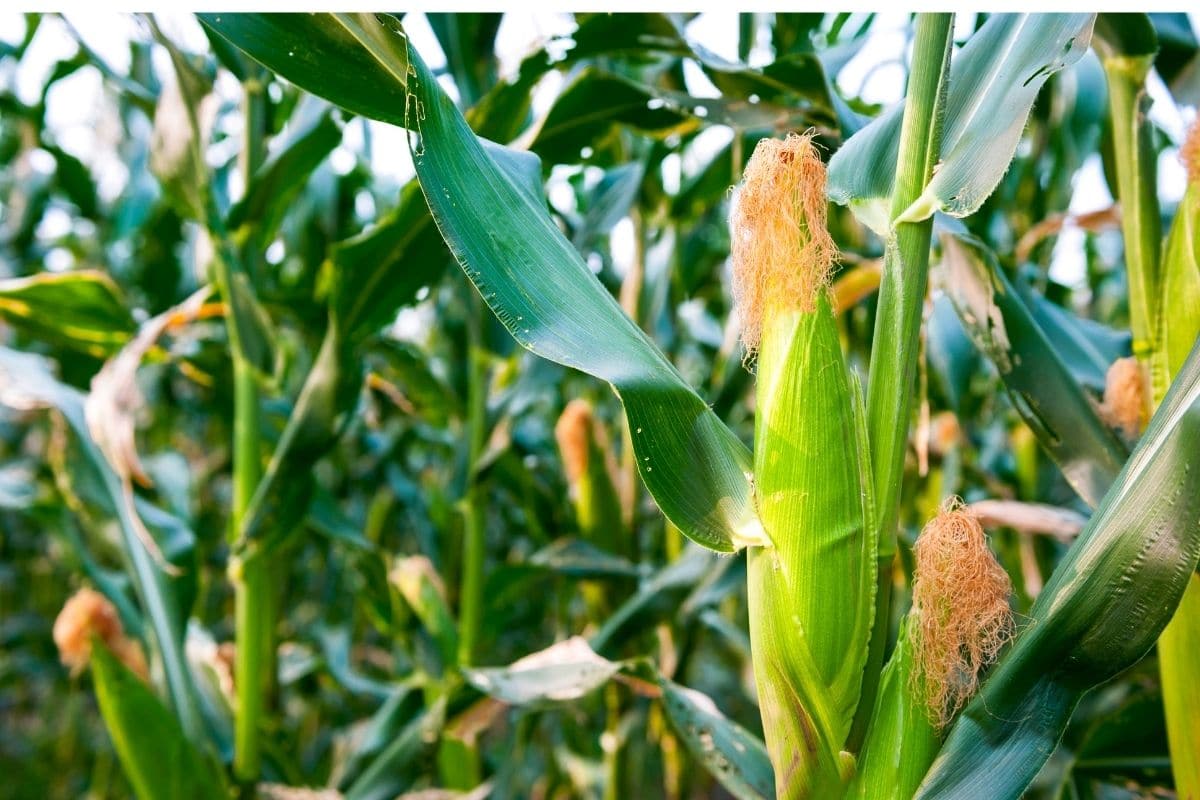
Corn and tomatoes should not be planted together for several reasons. The tall stalks of corn can easily stunt the growth of the tomatoes, as they’ll shade them out. Plus, both corn and tomatoes are susceptible to similar fungal infections as well as the incredibly destructive corn earworm (which is often referred to as the tomato fruit worm - you can imagine where it gets this name).
Instead, choose from these plants to intercrop with tomatoes for a better harvest. You might also appreciate this list of common tomato gardening mistakes. There are always a few new things to learn when gardening, and this list is a great place to begin if tomatoes are on your list.
6. Cauliflower and Broccoli
Try not to grow cauliflower and broccoli next to each other, as they are prone to the same diseases and pests. You may think since they are so similar it would be a good idea, but actually, it's best to separate them.
You should avoid planting these two crops next to squash, strawberries, tomatoes, and peppers, too, all of which can have allelopathic effects on these two cruciferous veggies.
7. Onions and Garlic
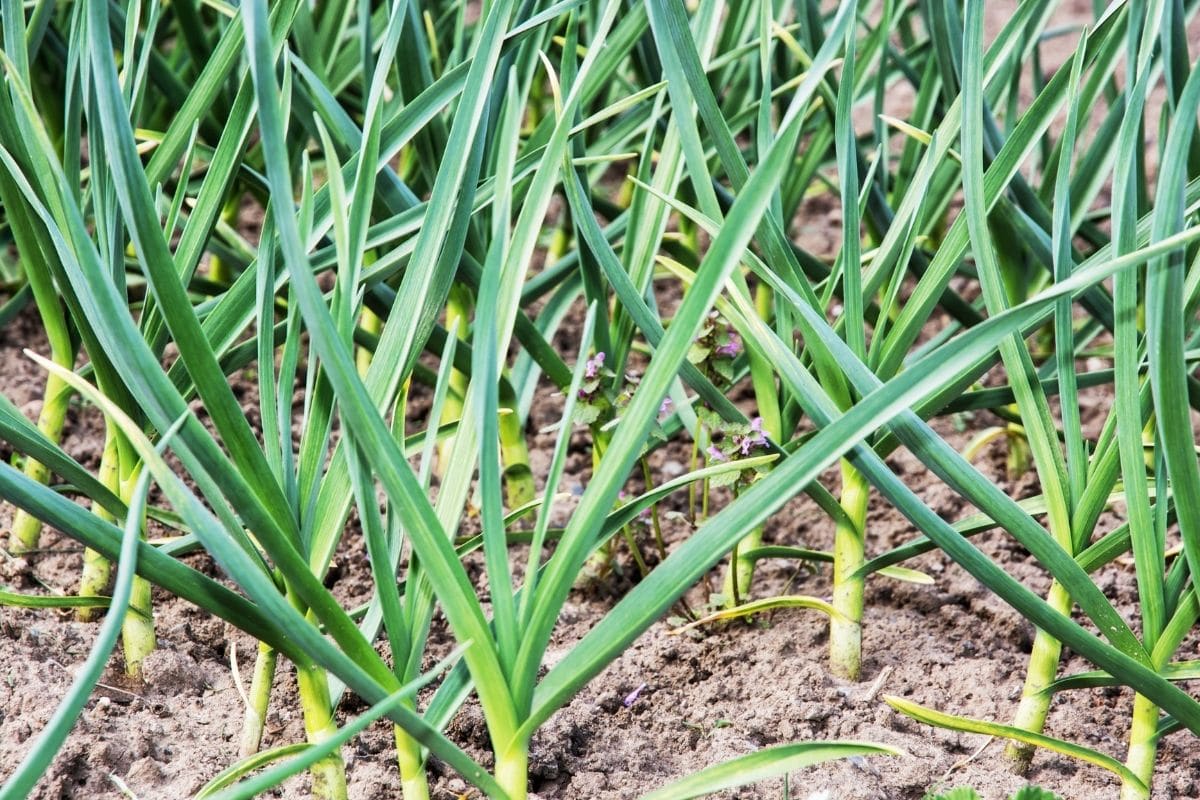
You should avoid plant onions near any other plants in the allium family, including leeks, garlic, and shallots. I prefer to put them on opposite ends of my garden.
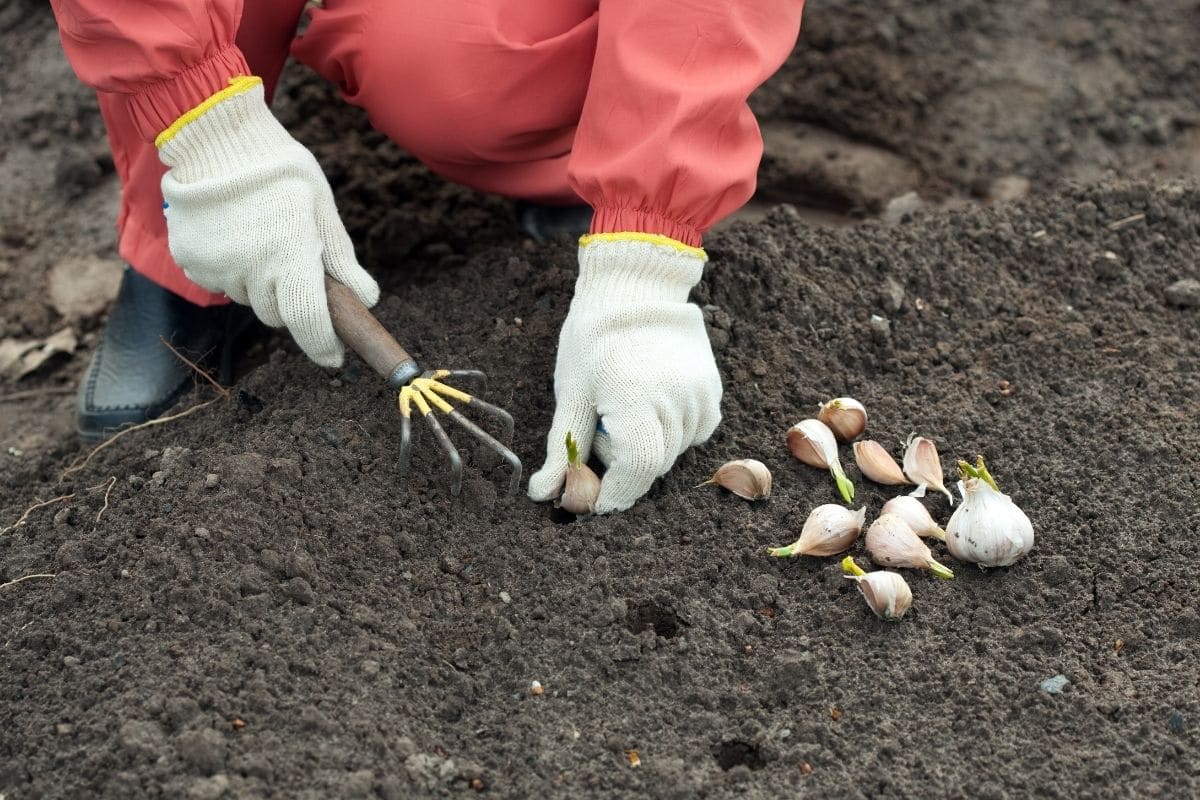
They’ll stunt the growth of each other and are prone to the same pests and diseases.
8. Marigolds and Beans
Marigolds are common additions to the vegetable garden because they help repel so many different kinds of pests. That said, you should avoid planting them near beans and peas.
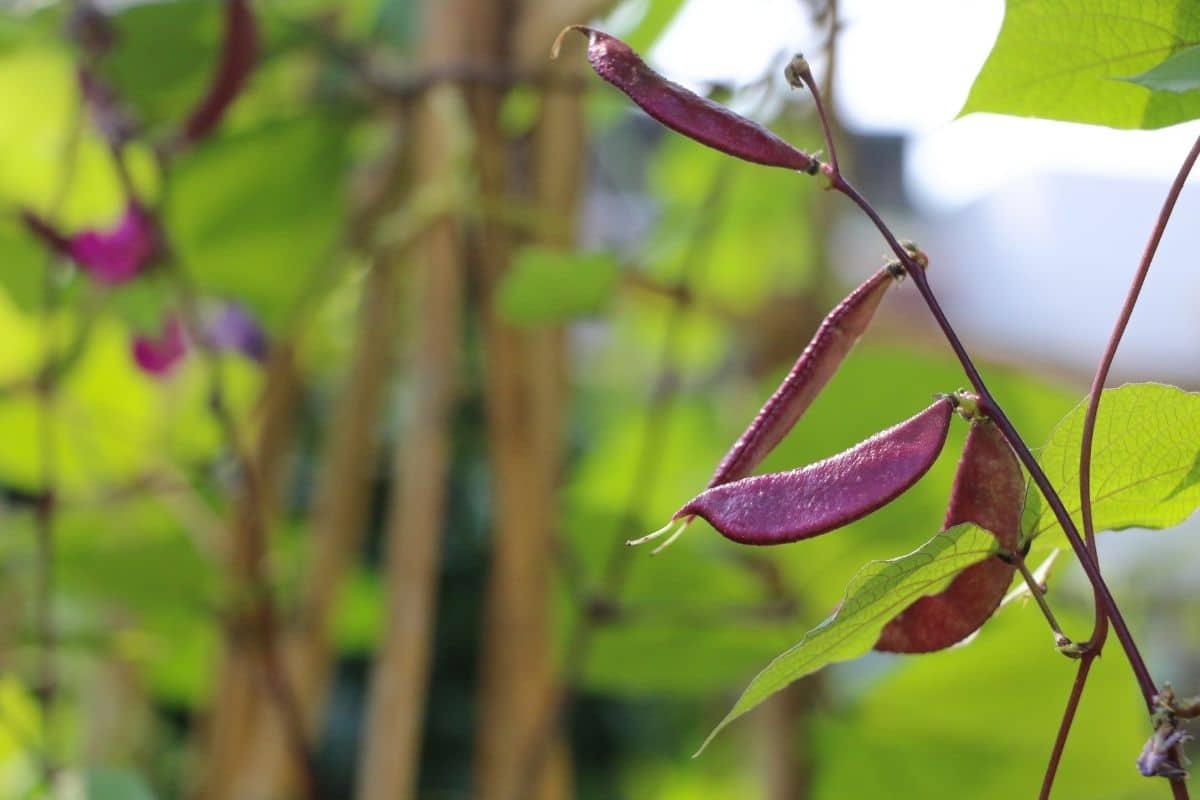
9. Cauliflower and Cabbage
Do not plant cabbage and cauliflower together. Though both are great additions to the garden on their own when planted side by side they are more likely to be afflicted by club roots.
This fungal disease can cause the roots of your plants to swell. They won’t be able to take up water, either, and the plant will rapidly die.
10. Lettuce and Onions
Lettuce grows well with most garden plants. You can plant it with any other crops with the exception of kale and cauliflower. Another to avoid is onions.
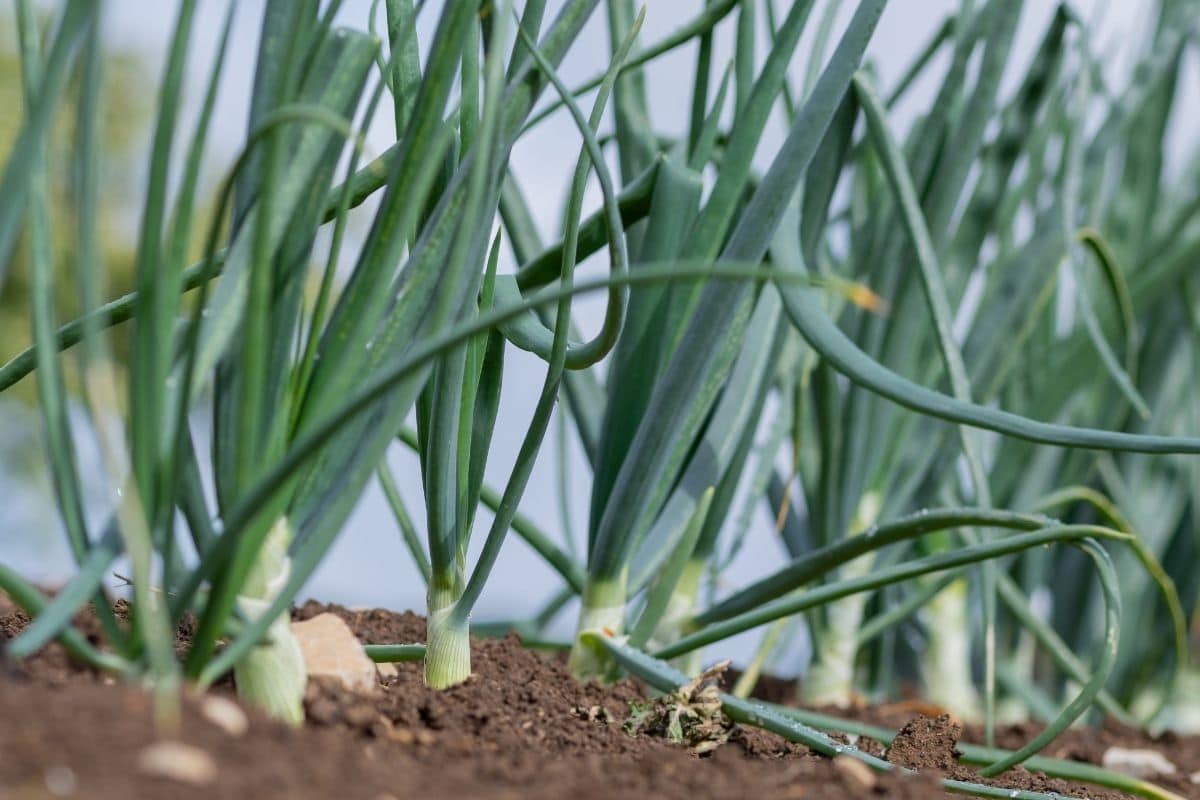
It also does not grow well alongside plants in the allium family, like onions, garlic, and shallots. The lettuce competes for the same nutrients as the Allium plants, and the garlic and onions also produce chemicals that can inhibit the growth of your lettuce.
11. Asparagus
When planning out your asparagus beds, avoid planting them too close to any other fruits or vegetables. They are easily stunted in their growth if other vegetables are planted too close nearby. They also tend to not grow well when planted near garlic, onions, and potatoes, likely because these crops all hog a lot of space in the soil.
12. Kale and Basil
Kale is a documented superfood, offering all kinds of nutrients your body needs to stay healthy. It's just not a great choice to plant by everything in your garden.
One thing that doesn’t need kale, though? Basil. Kale and basil do not grow well together, although you can easily grow kale near other garden herbs like sage, rosemary, and thyme.
13. Strawberries and Cabbage
Cabbage plants attract pests that can inhibit the growth of your strawberries. The same is true of other plants in this family, like broccoli, kale, and cauliflower, so avoid planting them close to your strawberries, too.
Strawberries grow back year after year, so they may be best in a dedicated bed or even as a container garden option.
14. Beans and Garlic
Do not plant beans, peas, and other legumes near garlic. They won’t thrive and may develop off-flavors, too.
Beans also don’t grow well with other plants in the allium family, including onions, chives, and leeks, as well as those in the cabbage family (such as cauliflower, kale, and broccoli).
15. Alfalfa
You shouldn't plant alfalfa anywhere in your garden. It has a unique form of allelopathy that interferes with the germination of other plant seeds (including, interestingly, its own seeds).
16. Cucumber and Basil
Both basil and cucumbers are part of a productive garden, but they shouldn’t be planted near each other. Cucumbers don’t play nice with basil, nor should they be grown near other herbs like sage, rosemary, and marjoram. It’s believed that the strong flavors of the herbs have a negative impact on the taste of the developing cucumber.
One herb that is okay, however, is dill, which attracts beneficial insects like predators, wasps, and hoverflies.
17. Pumpkins and Potatoes
Pumpkins offer all kinds of benefits to other plants in the garden, most notably peas, corn, and radishes. Its vines serve as a living mulch that can help repel both pests and weeds while also retaining valuable soil moisture.
That said, the mulch may be just too much for one crop - potatoes. Avoid planting pumpkins near your potatoes.
18. Peppers and Potatoes
Do not grow peppers near eggplant, tomatoes, or potatoes. Additionally, avoid planting peppers where any other nightshade crop was grown the year before.
You'll run the risk of attracting the same pests and diseases. In addition, you need to avoid planting peppers near kohlrabi and fennel - it doesn't do well with these crops.
19. Black Walnuts
If you have a black walnut tree growing in your garden, you may want to cut it down before you plant. These trees are known for their allelopathy and will kill off all kinds of plants you are trying to grow, including eggplant, corn, and tomatoes.
20. Carrots and Dill
Carrots should not be planted near any other plants to which it is closely related, including parsnips, fennel, and of course, dill. They’ll attract similar pests.
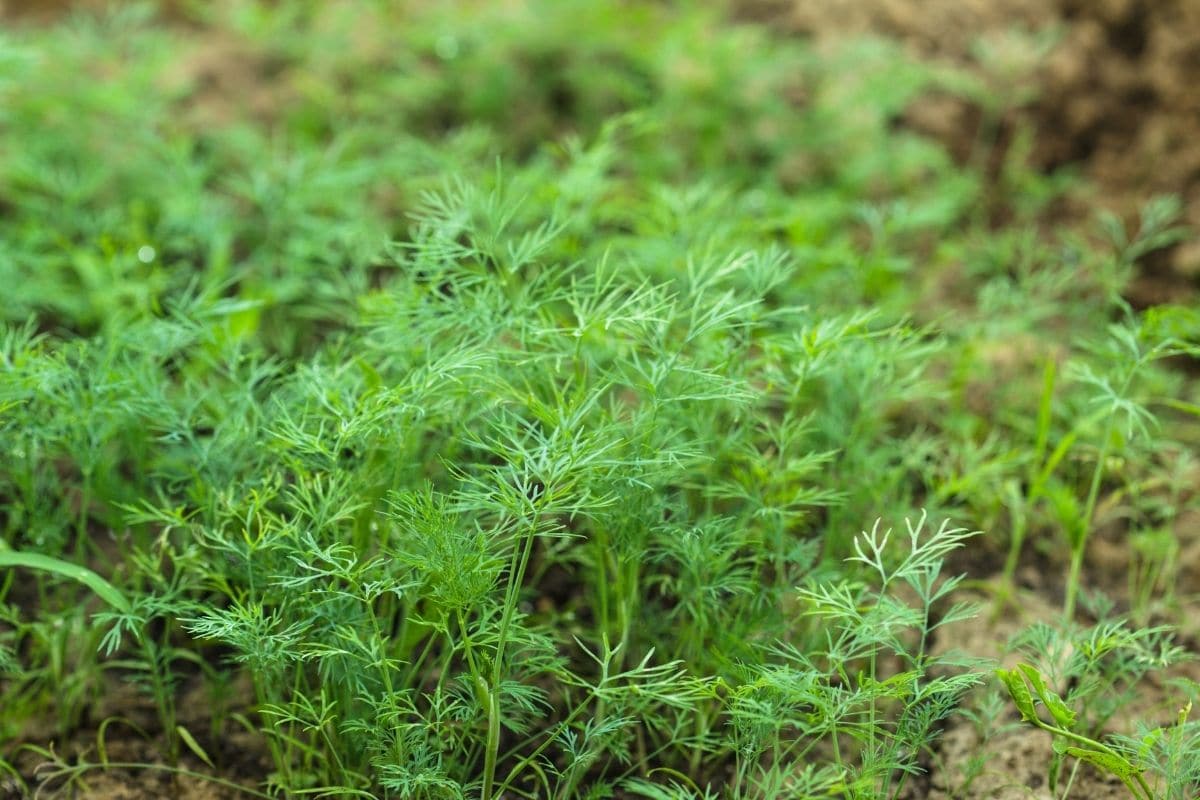
21. Spinach and Potatoes
Spinach does not grow well when planted near potatoes. While the jury is still out on why exactly this is, most gardeners think it is because the shallow roots of the spinach compete with the shallow roots of the potatoes.
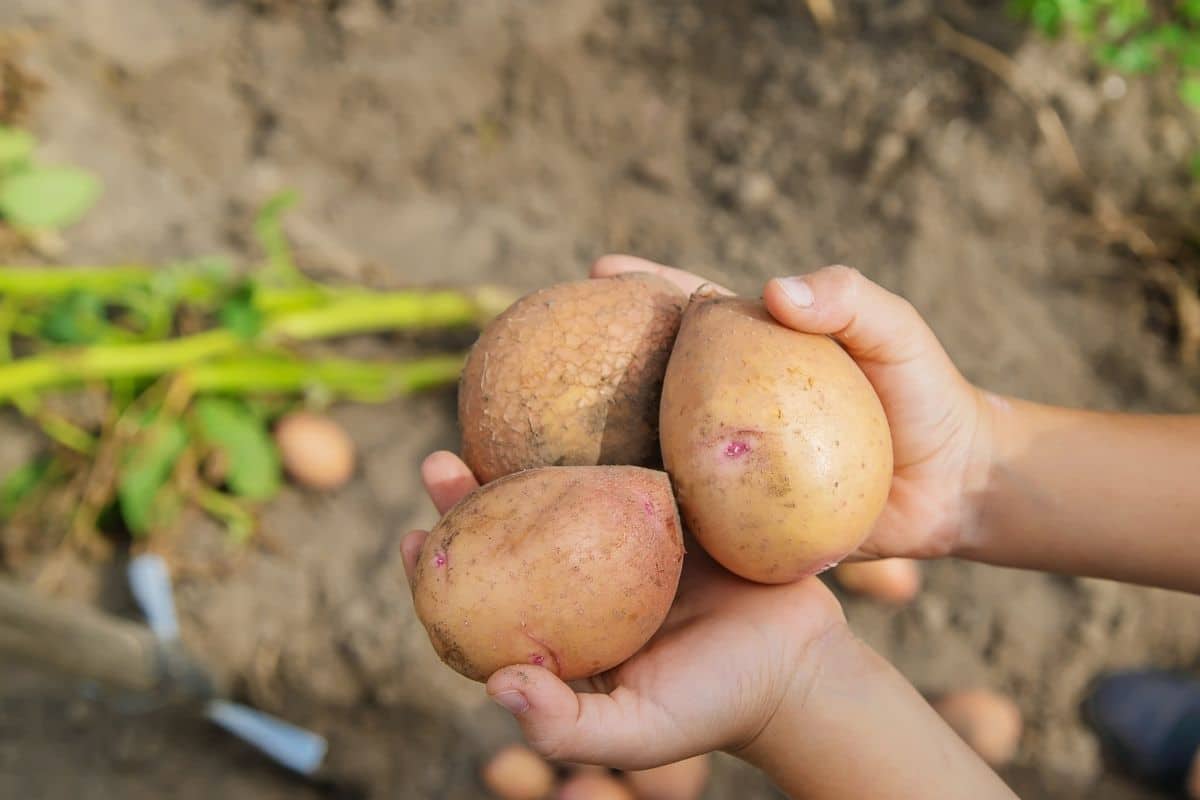
They fight each other constantly for nutrients and water. Plus, the potatoes grow tall and can block out the sunlight that healthy spinach plants need.
22. Eggplant
Eggplant grows well when grown near spinach and beans. In fact, growing eggplant near beans is a great way to repel the potato beetle, a common pest. However, you should keep eggplant away from tomatoes, peppers, potatoes, and other plants in the nightshade family.
23. Rosemary
Rosemary is a small herb that does well when planted near cruciferous vegetables, like broccoli and kale. However, you should not plant it near cucumbers, as it releases chemicals that can inhibit the growth of your cucumbers.
Avoid Growing Incompatible Garden Plants
If you're going to take the time and effort to grow a garden, you might as well do it right! Consider the individual needs of each of your plants to determine which ones will grow best together. Avoid those that compete for the same nutrients and space and aim for classic companion plantings - like corn, beans, and squash - instead.

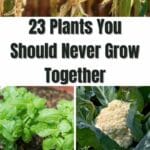
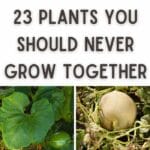

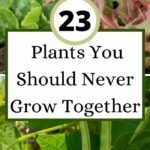
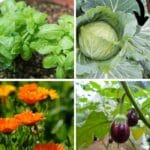
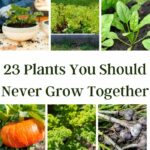
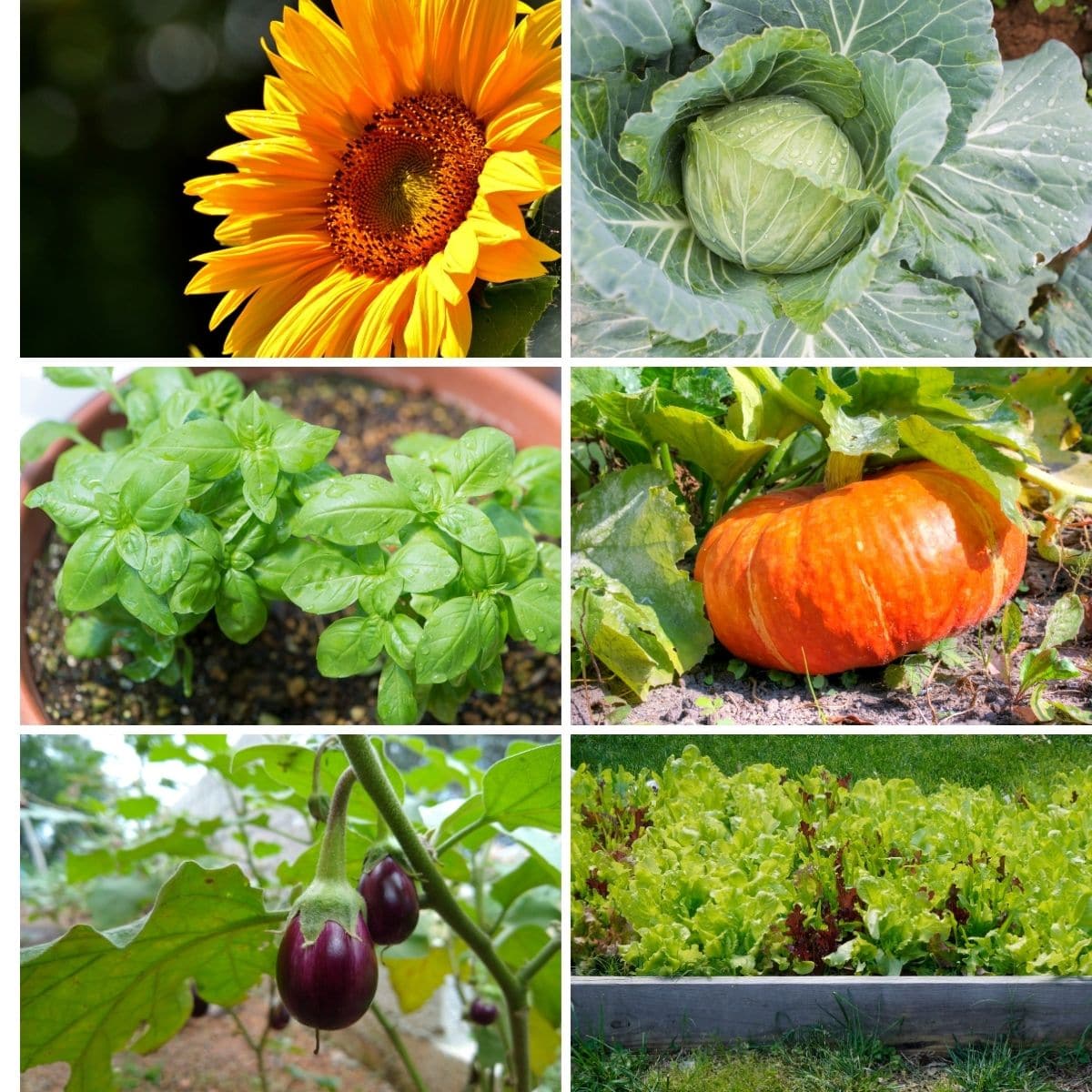
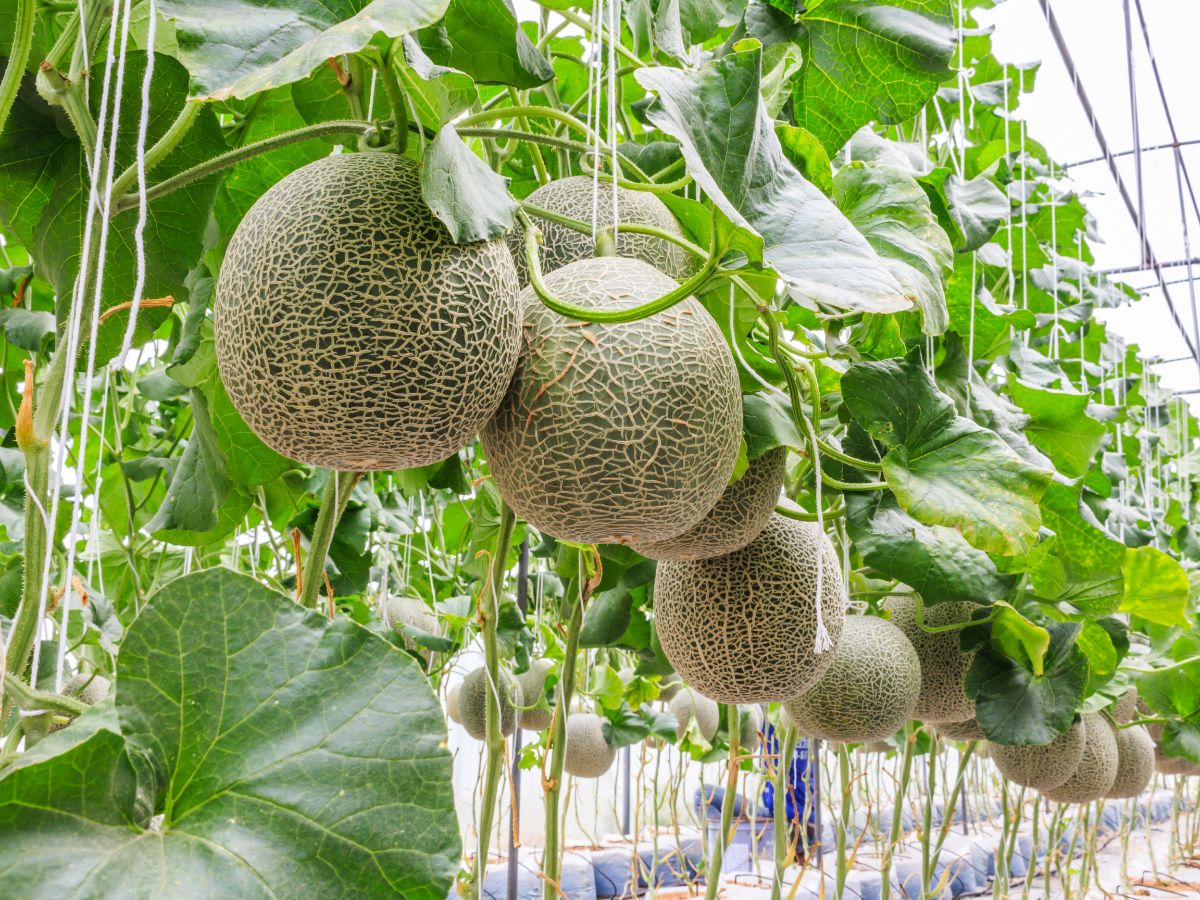
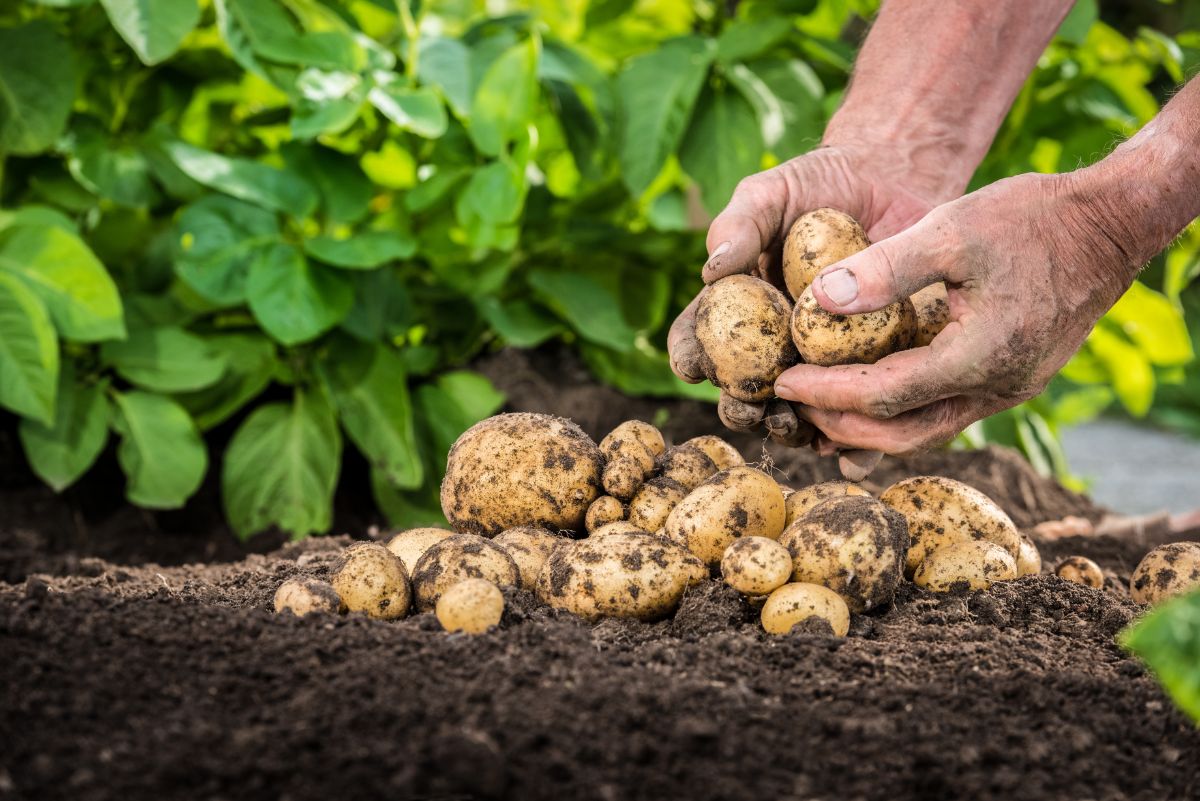
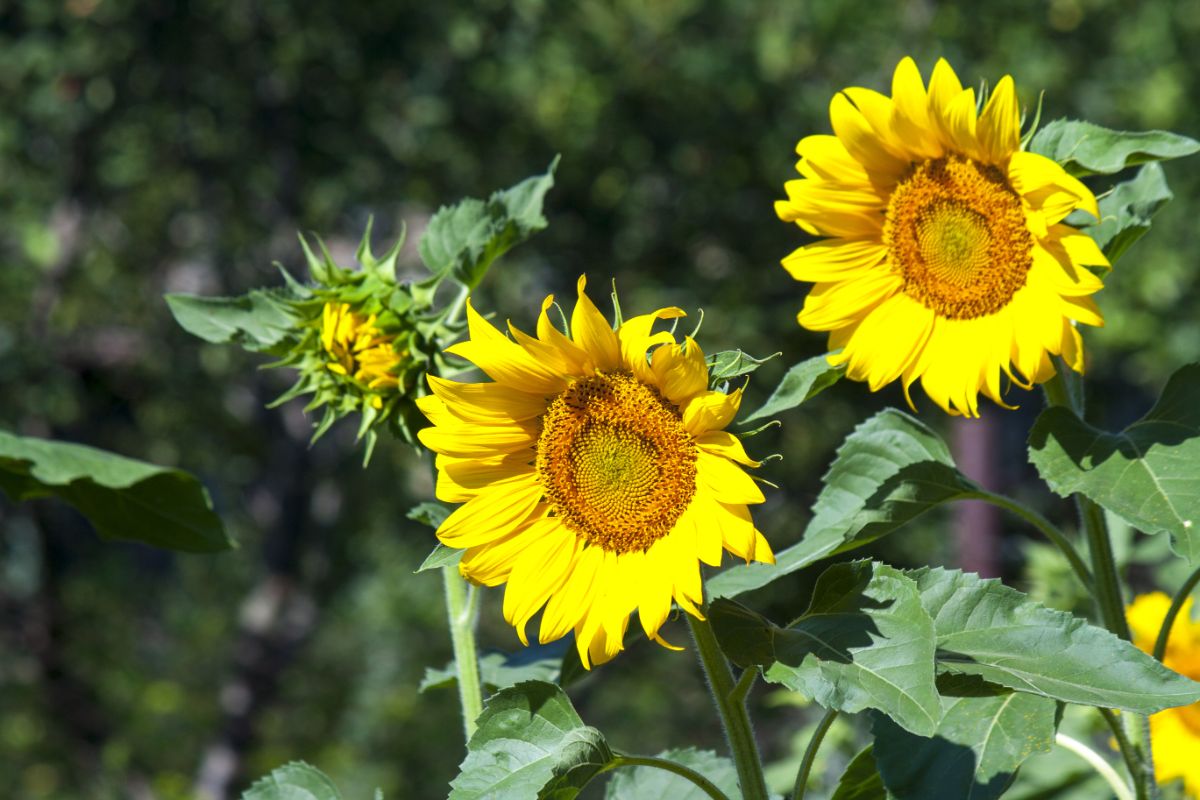
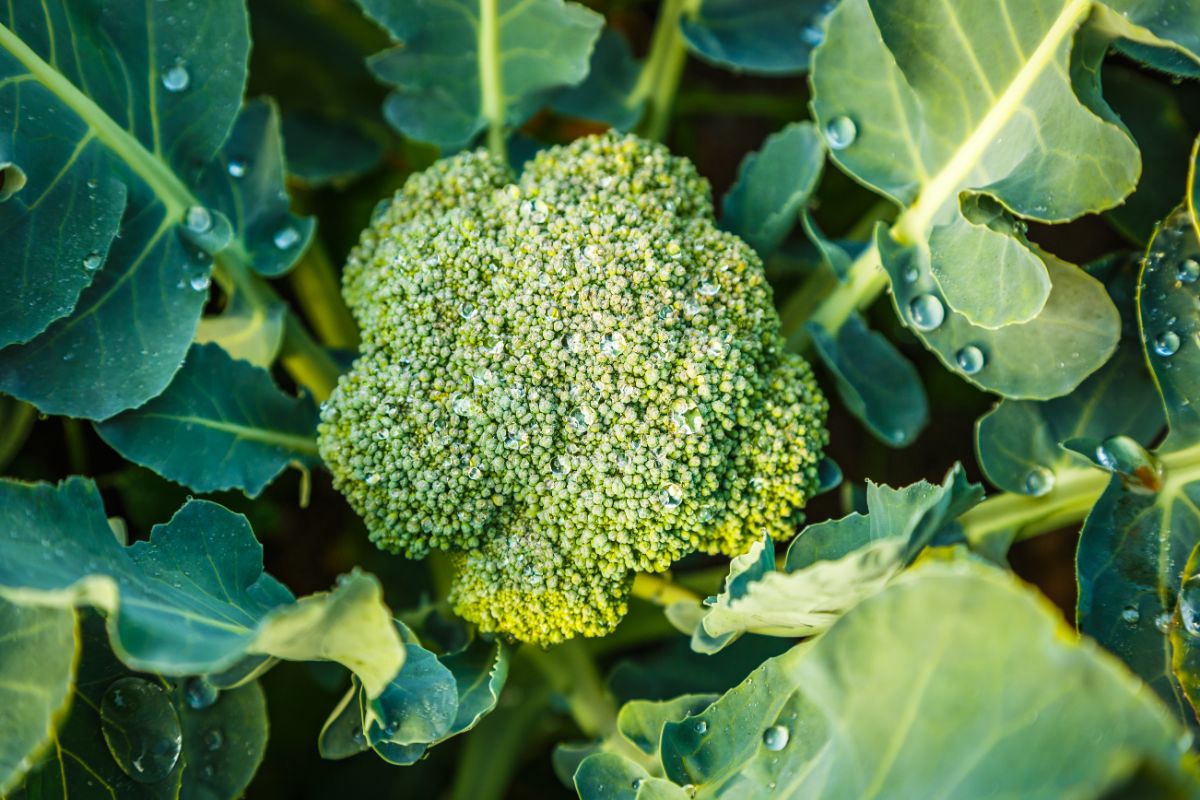
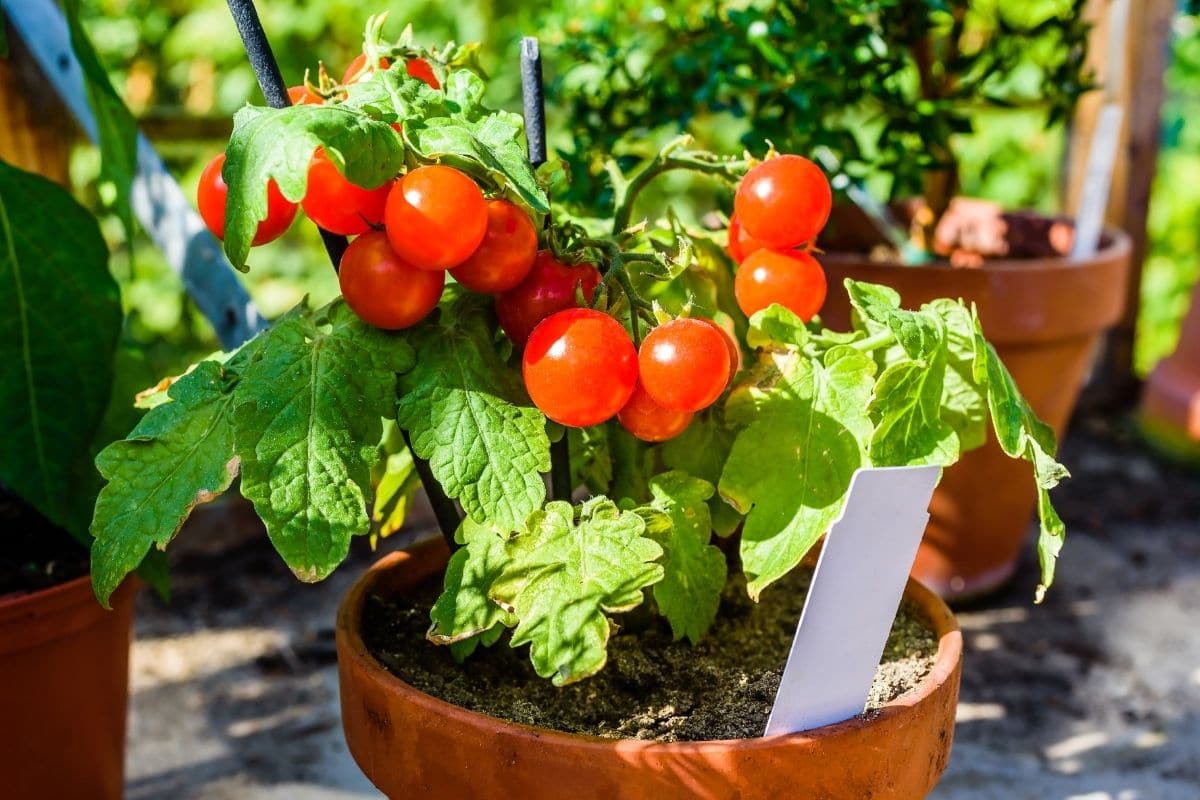
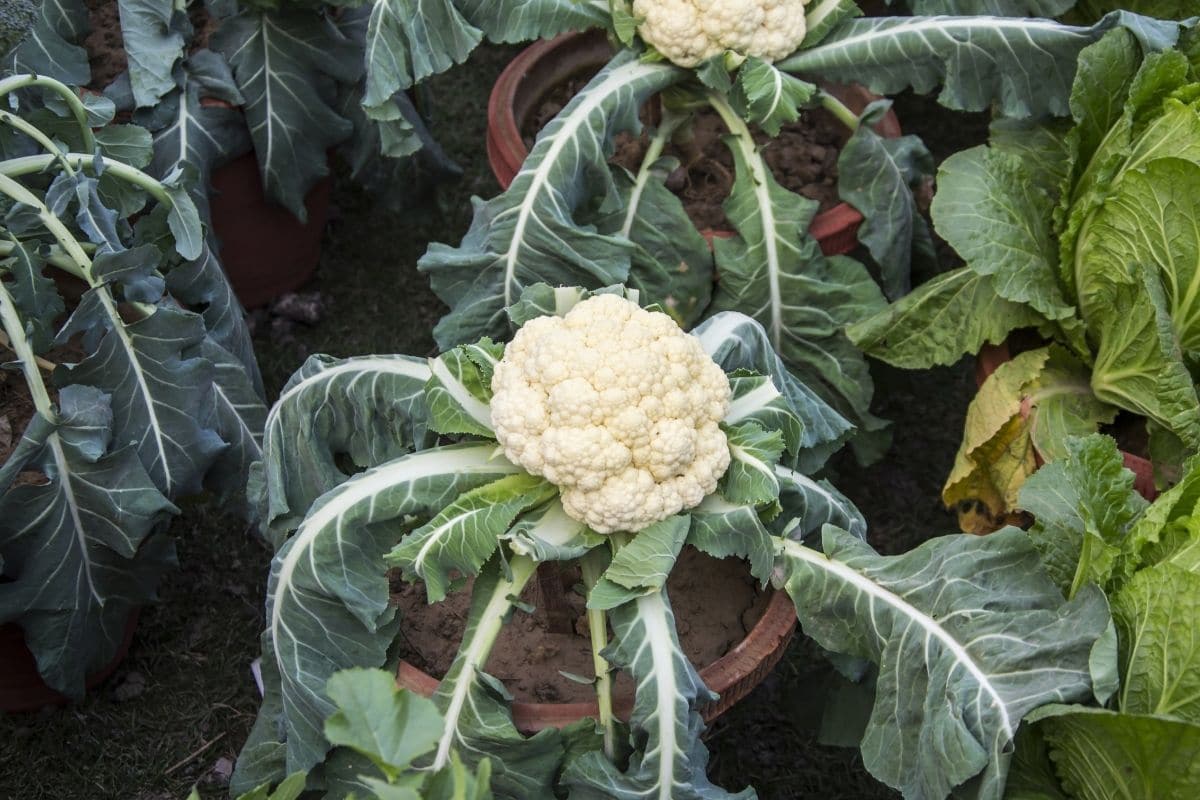
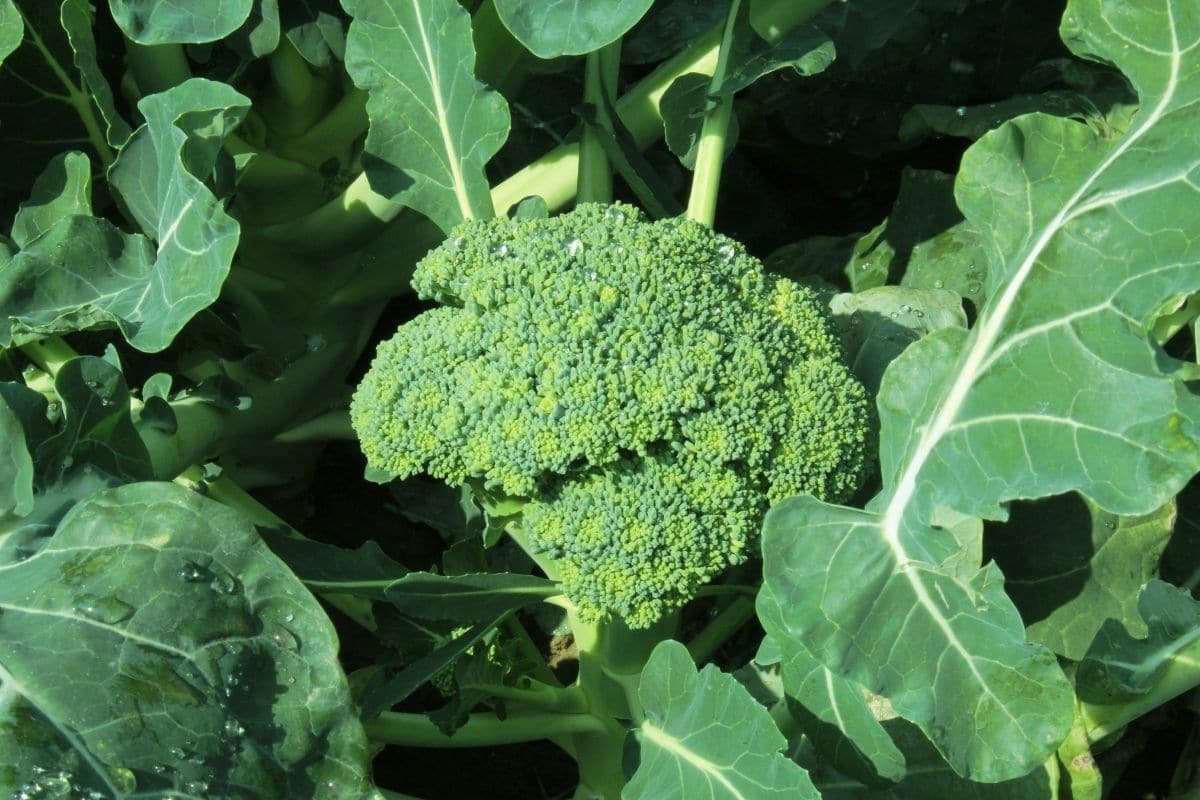
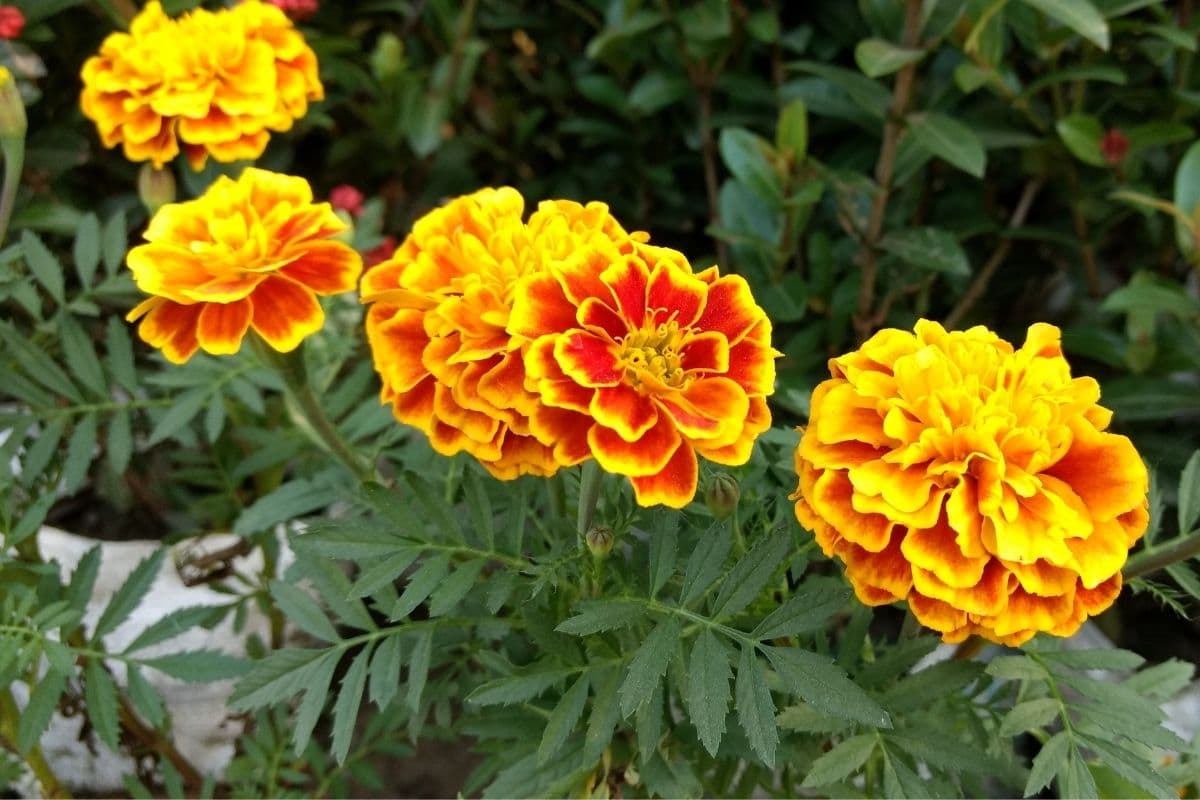
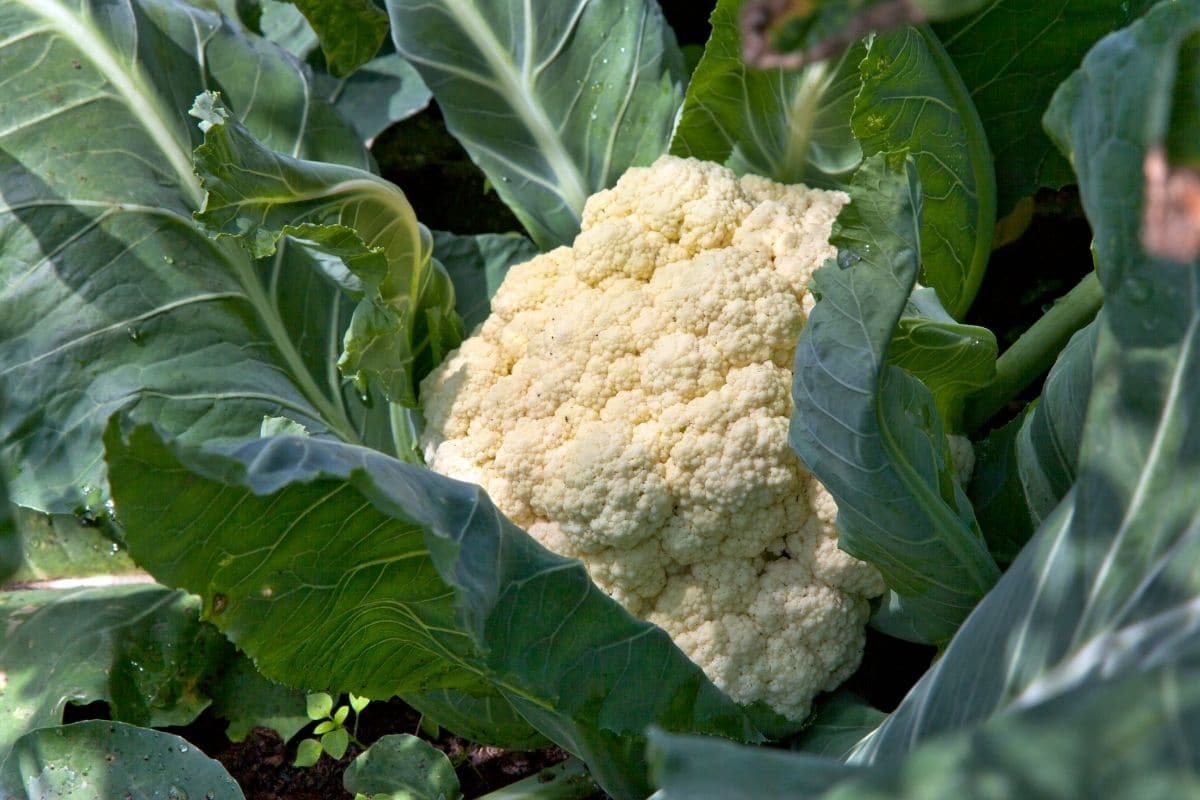
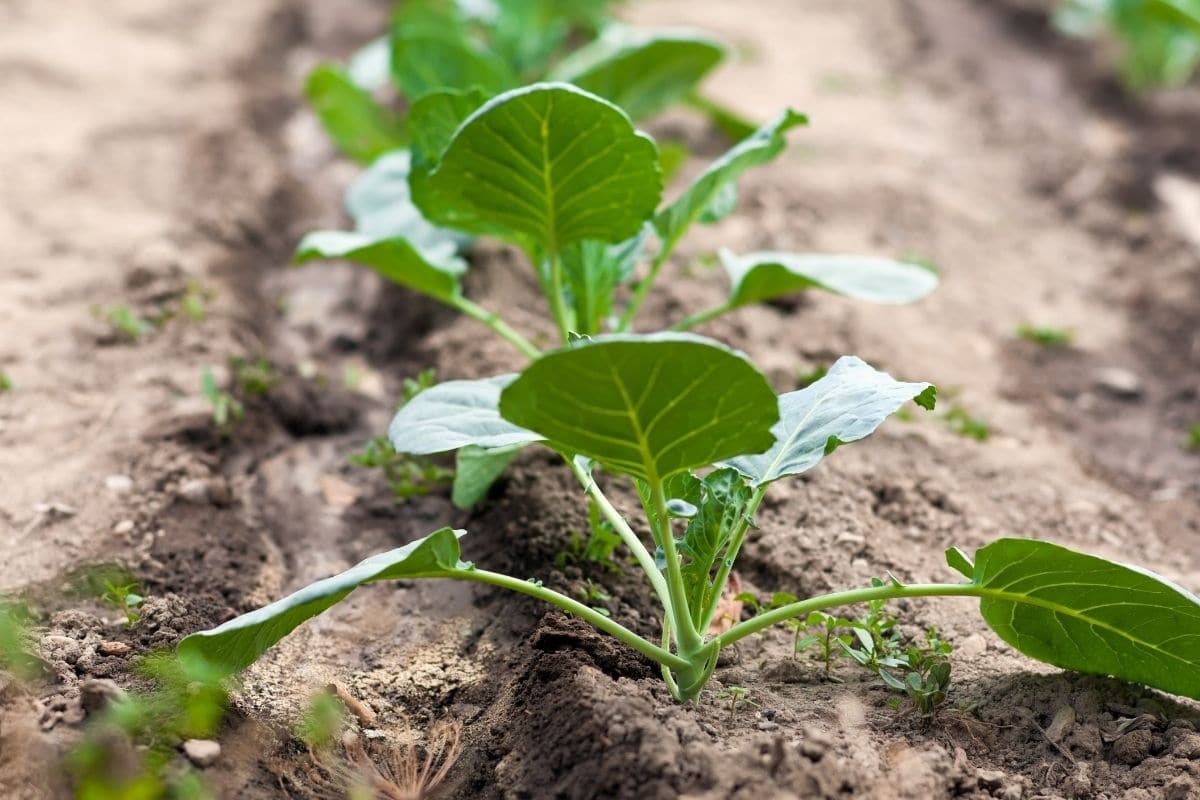
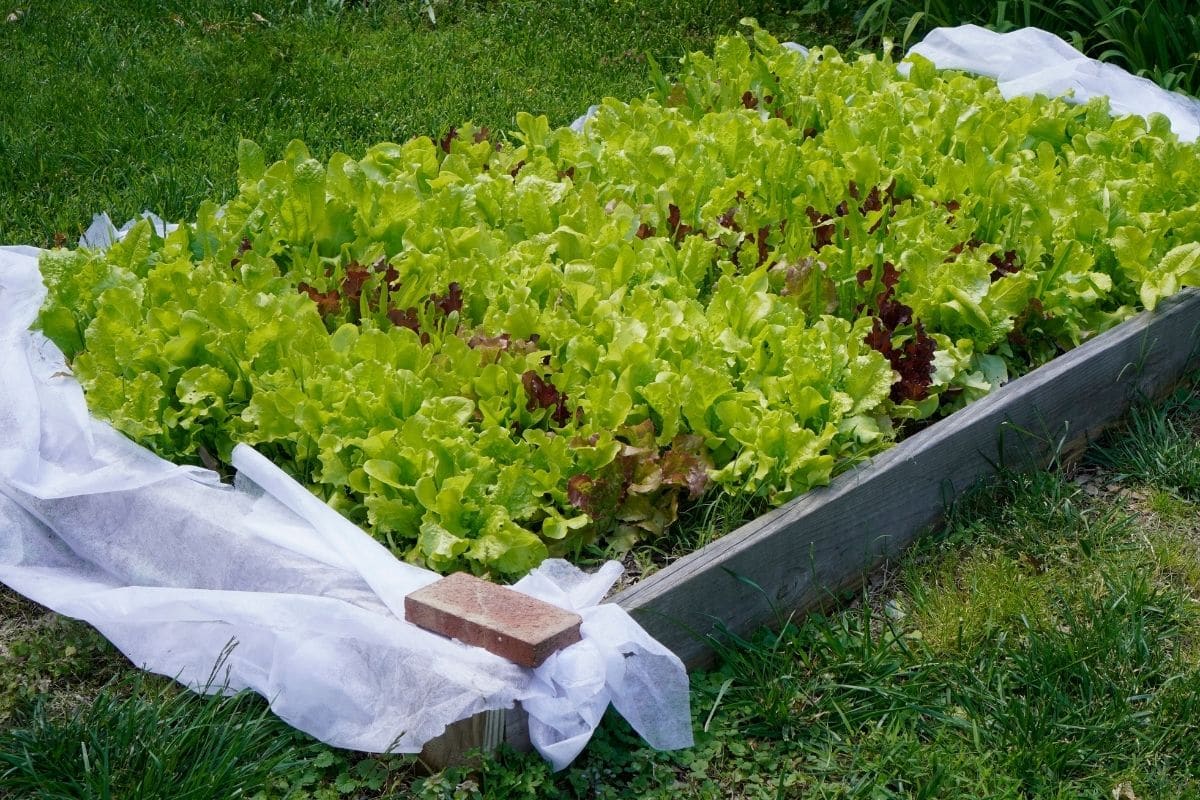
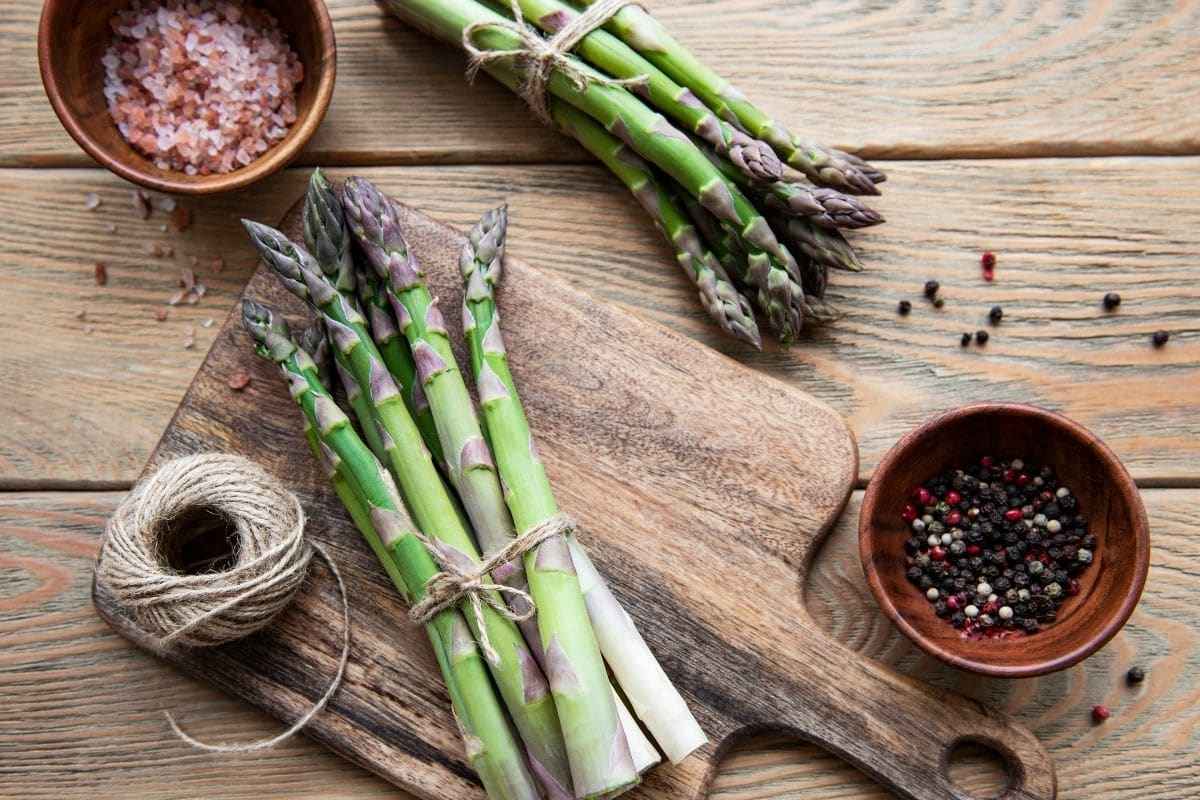
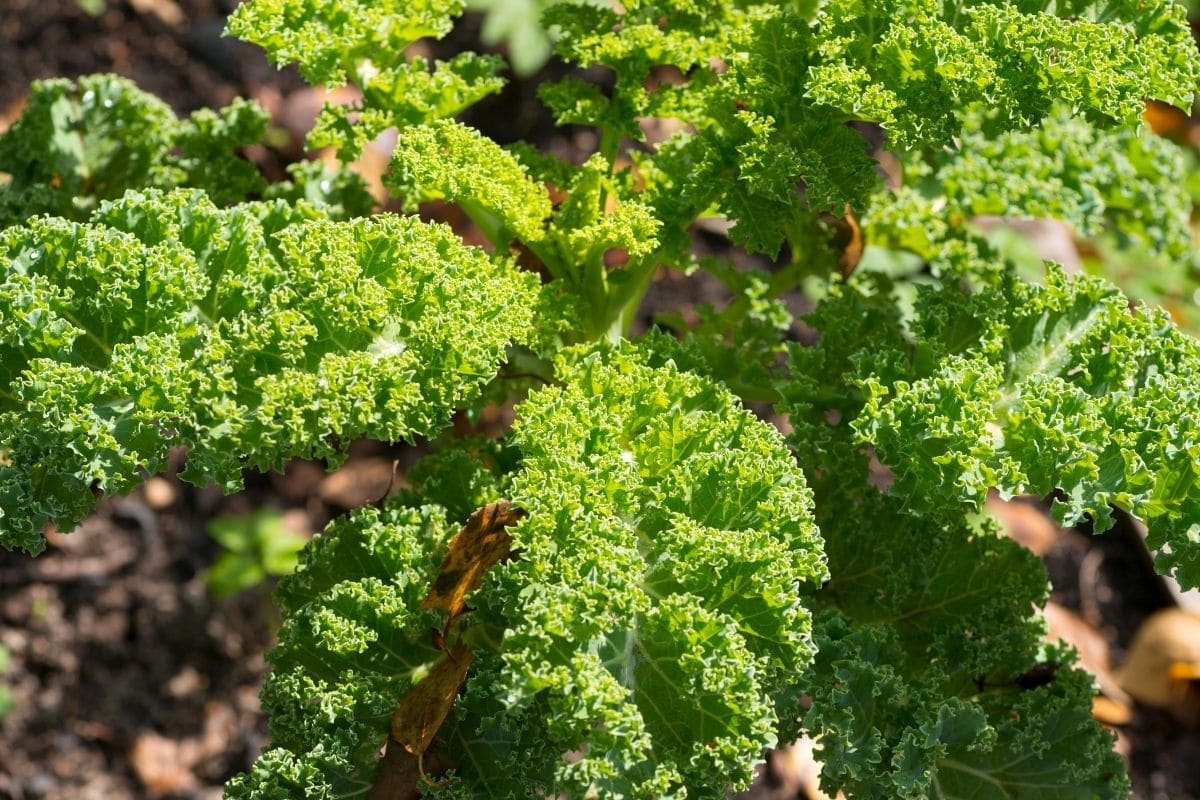
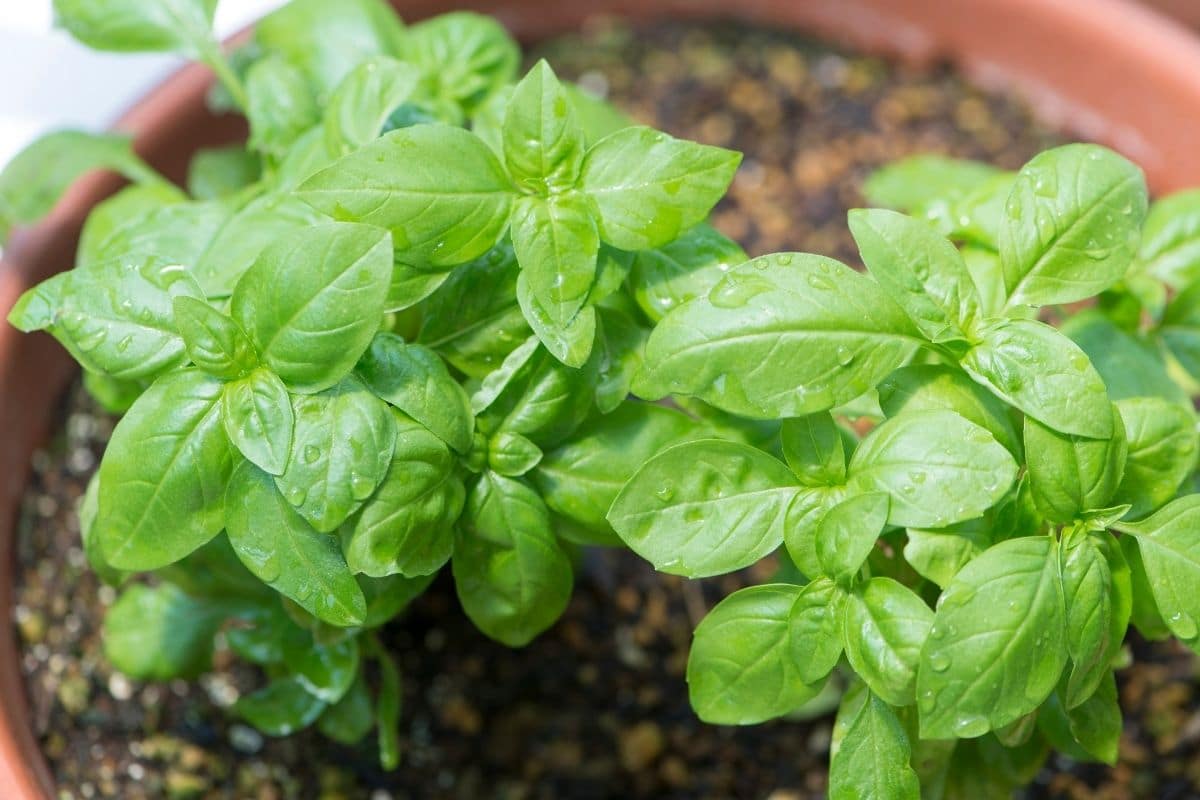
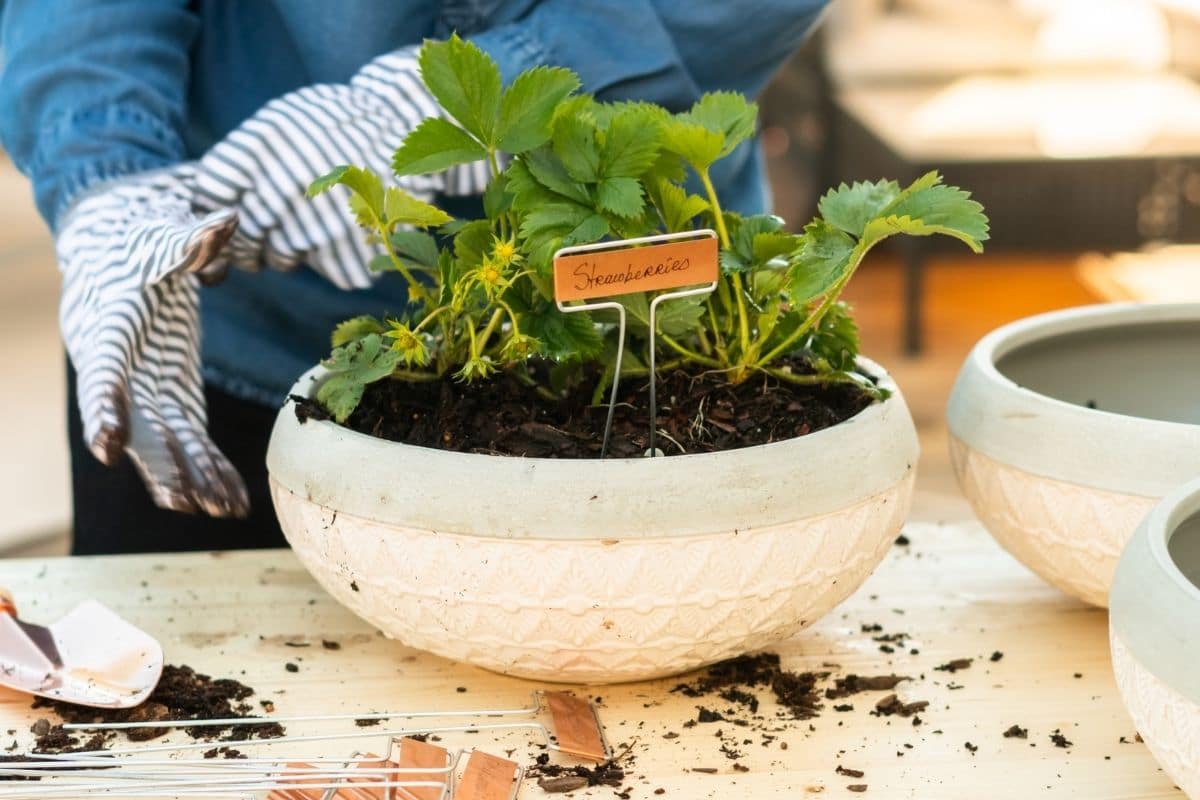
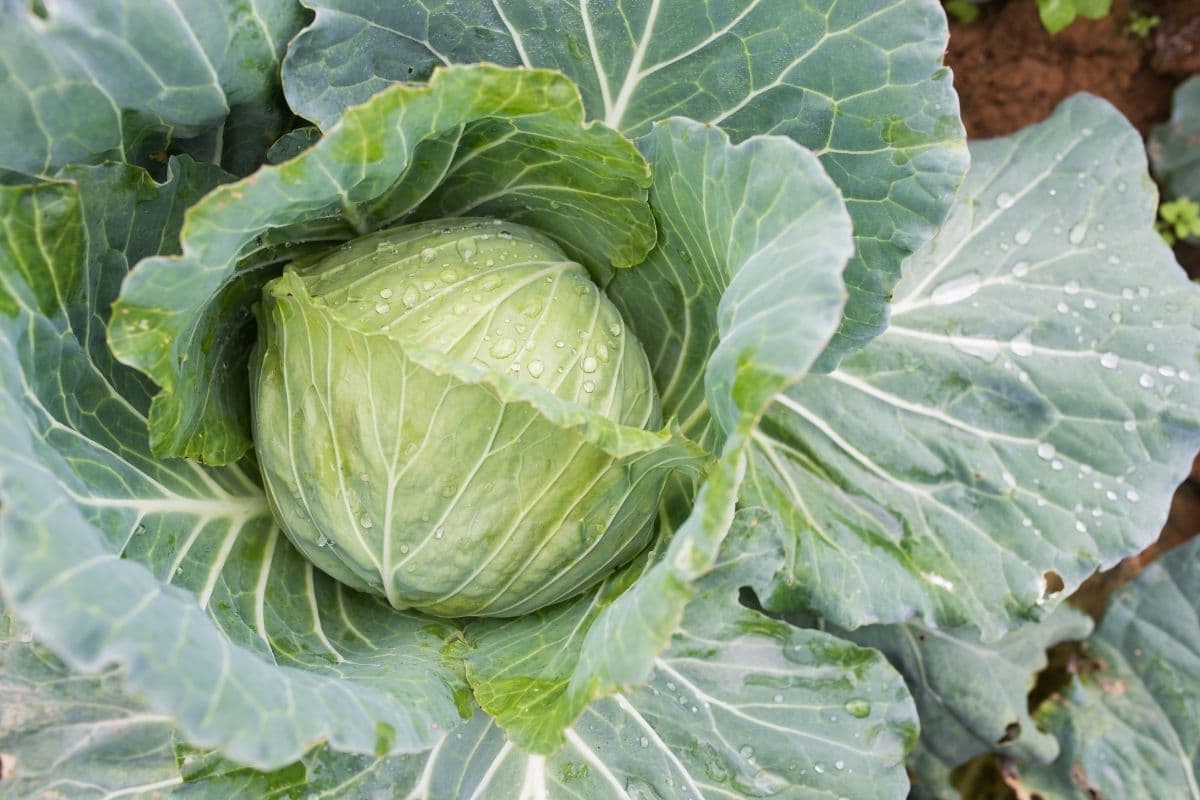
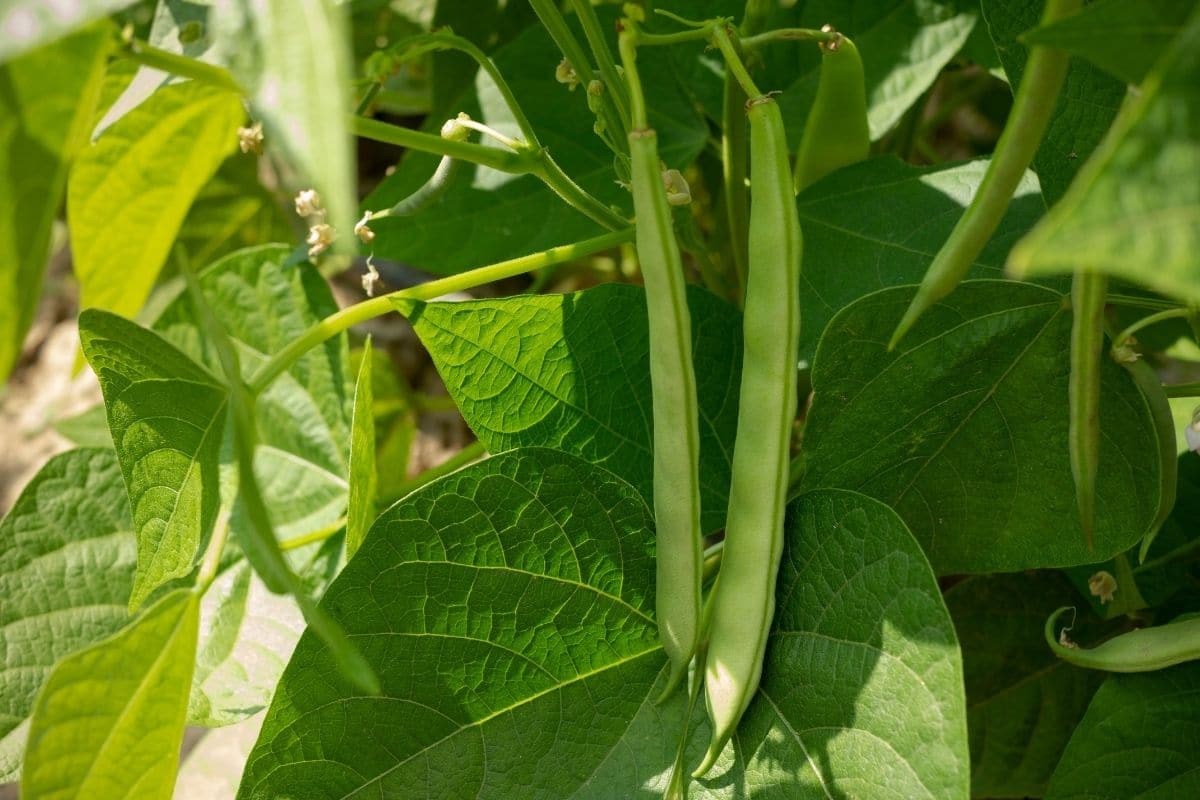
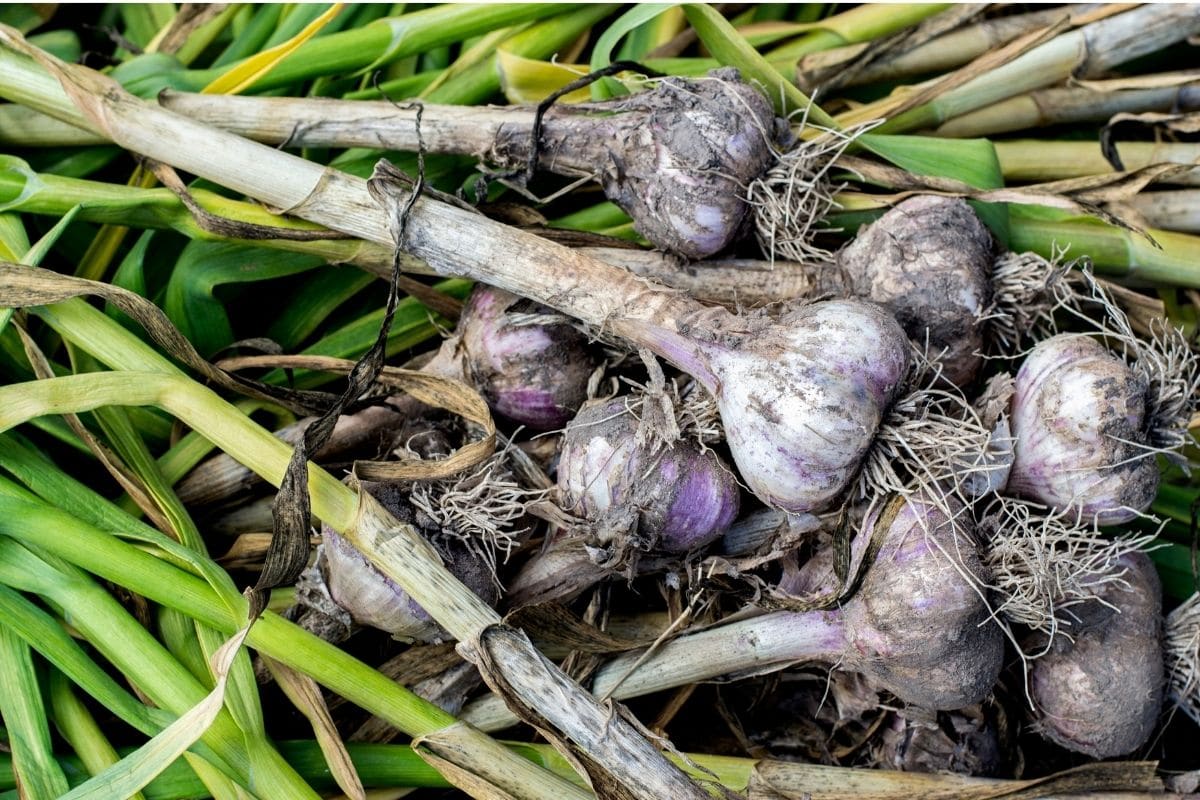
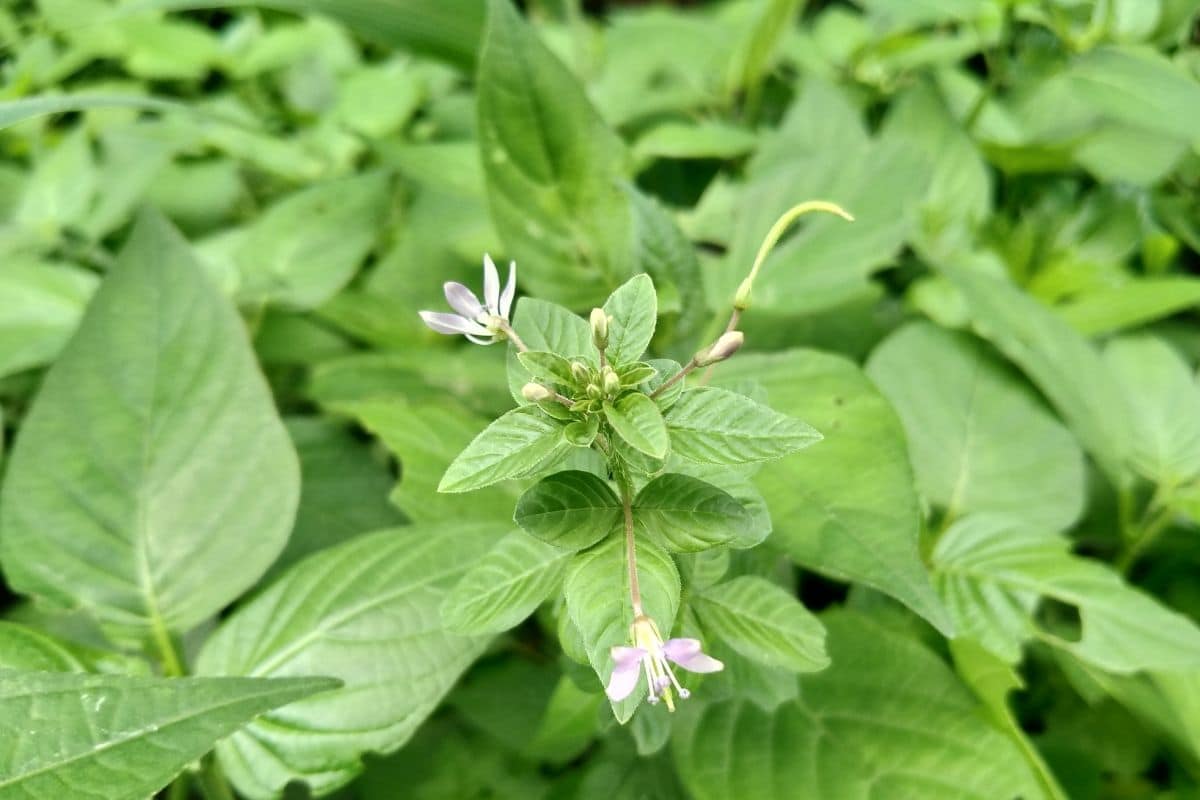
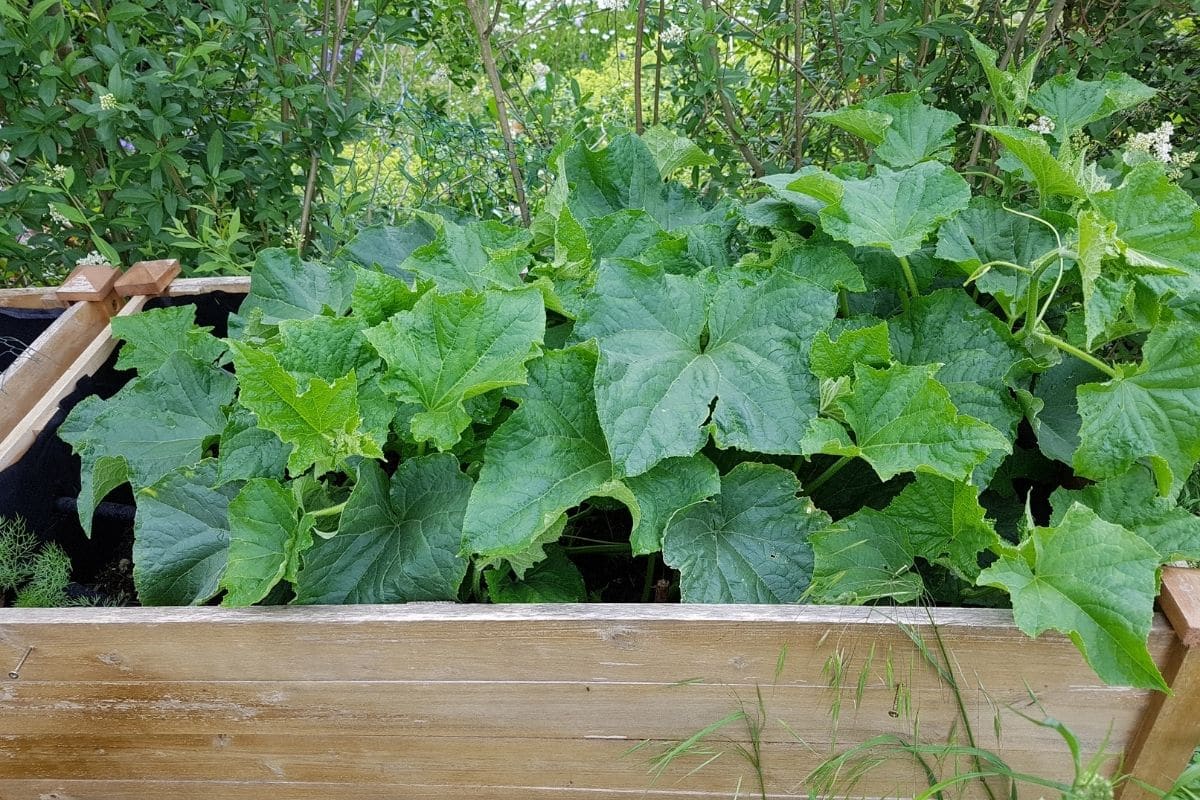
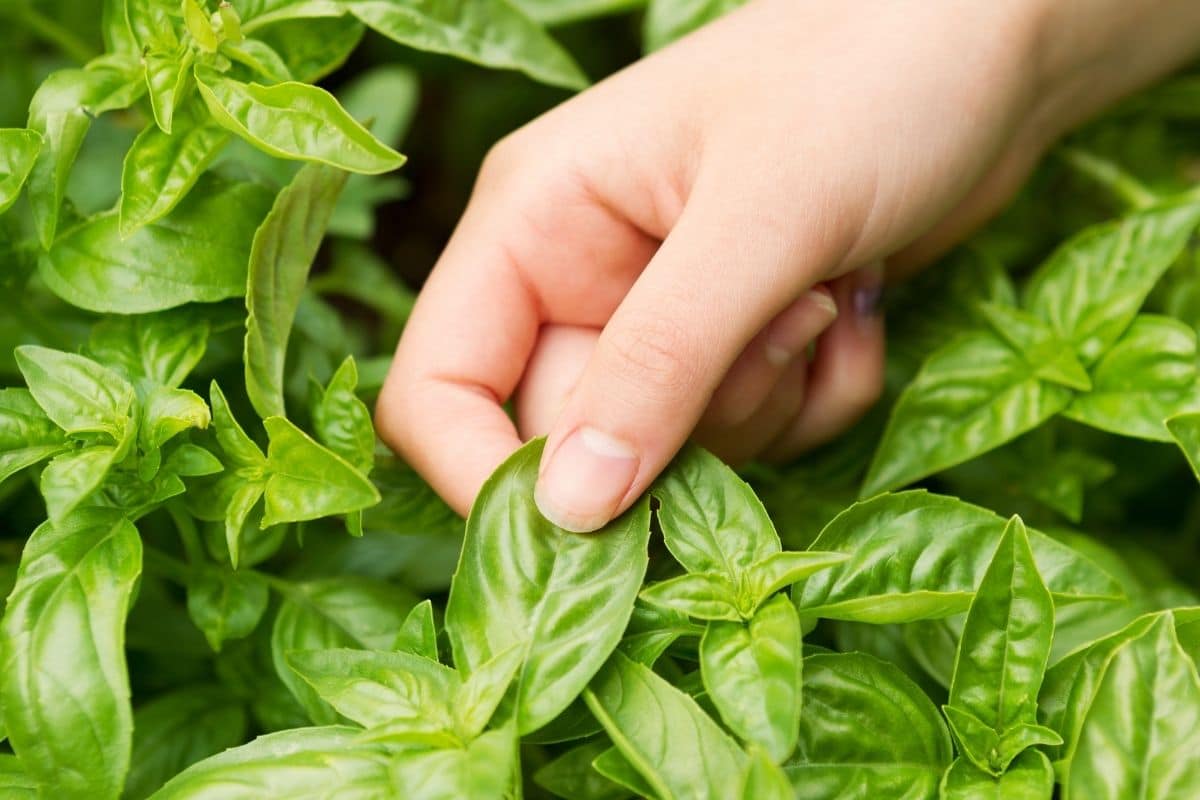
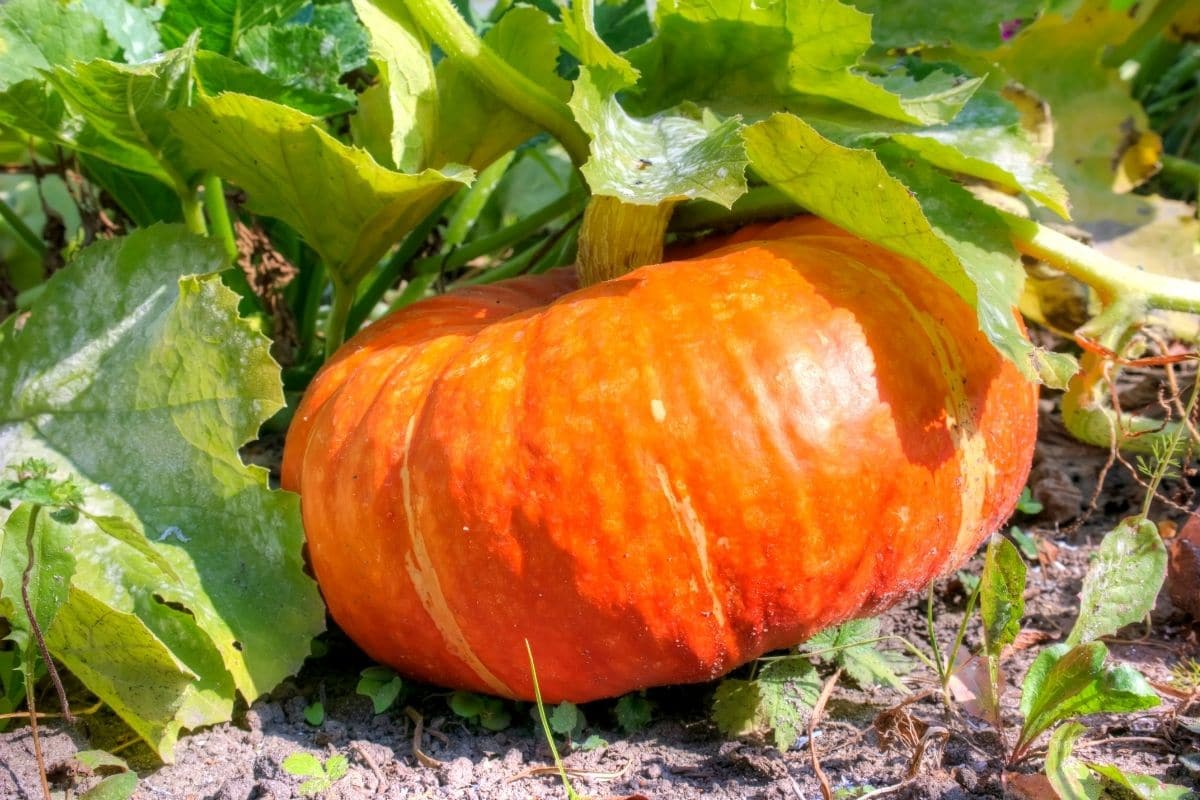
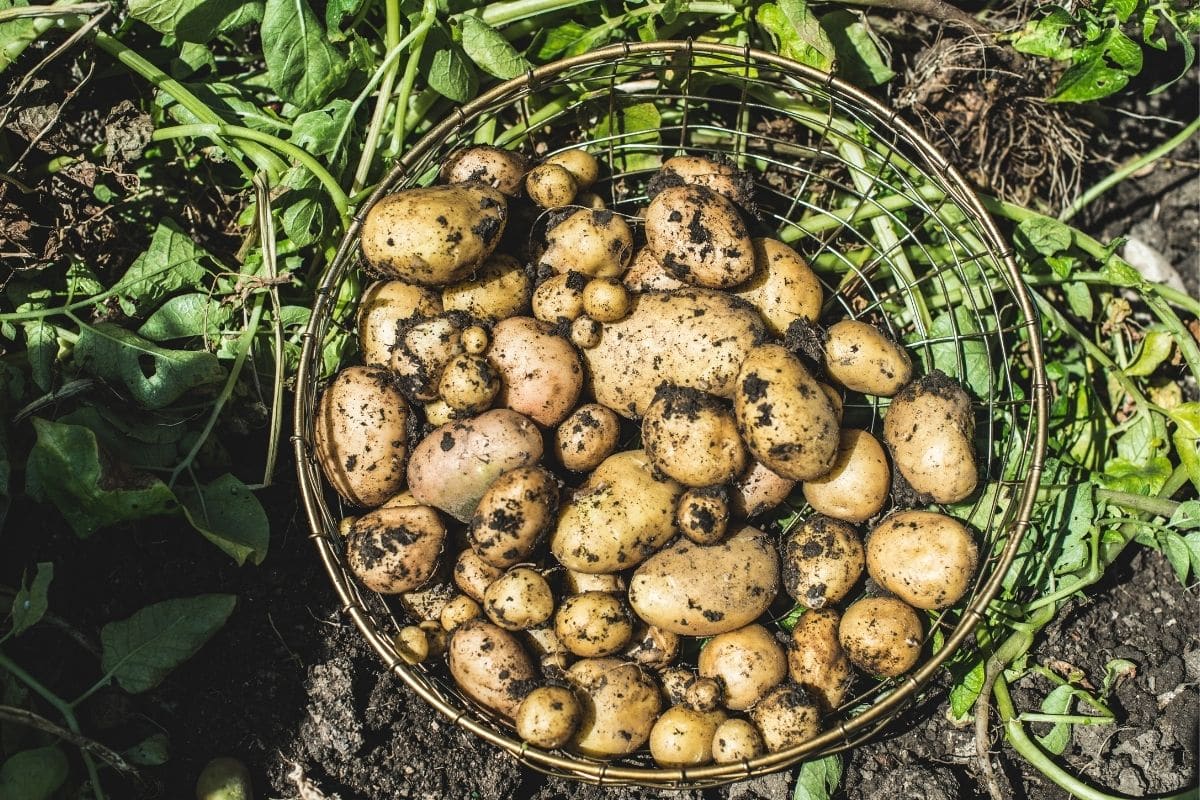
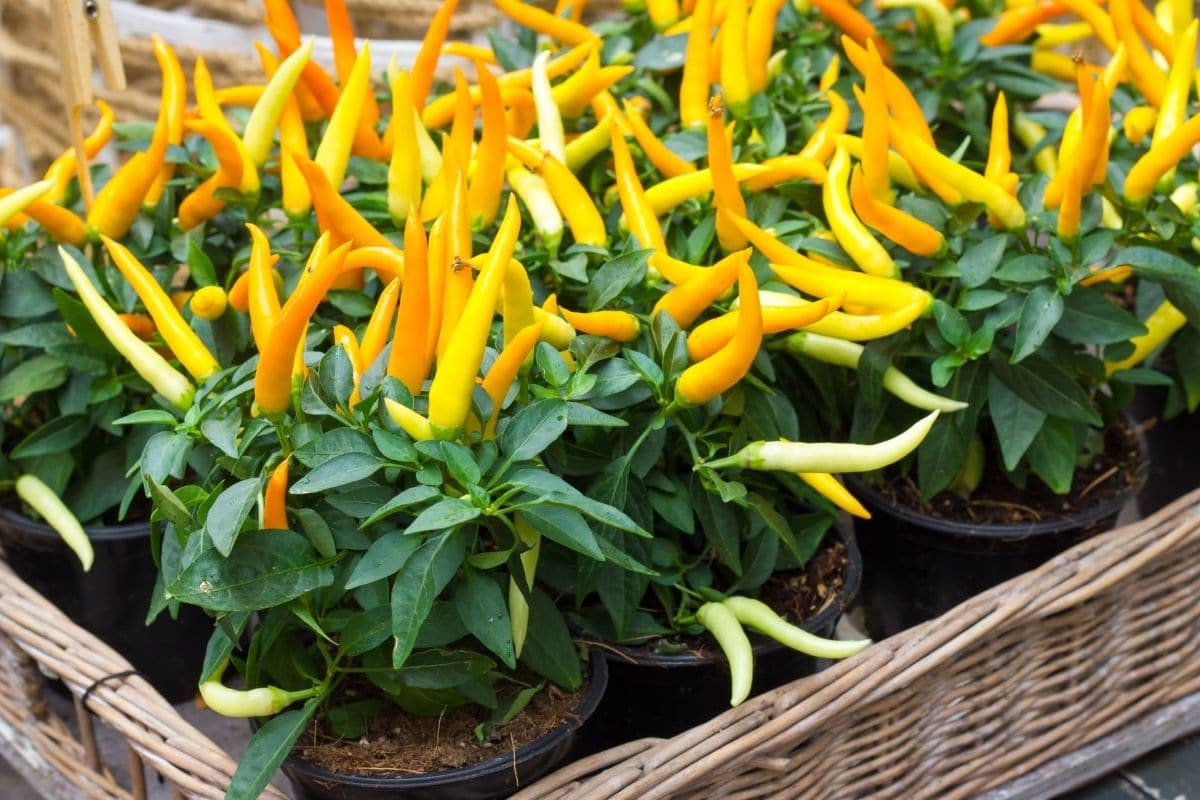
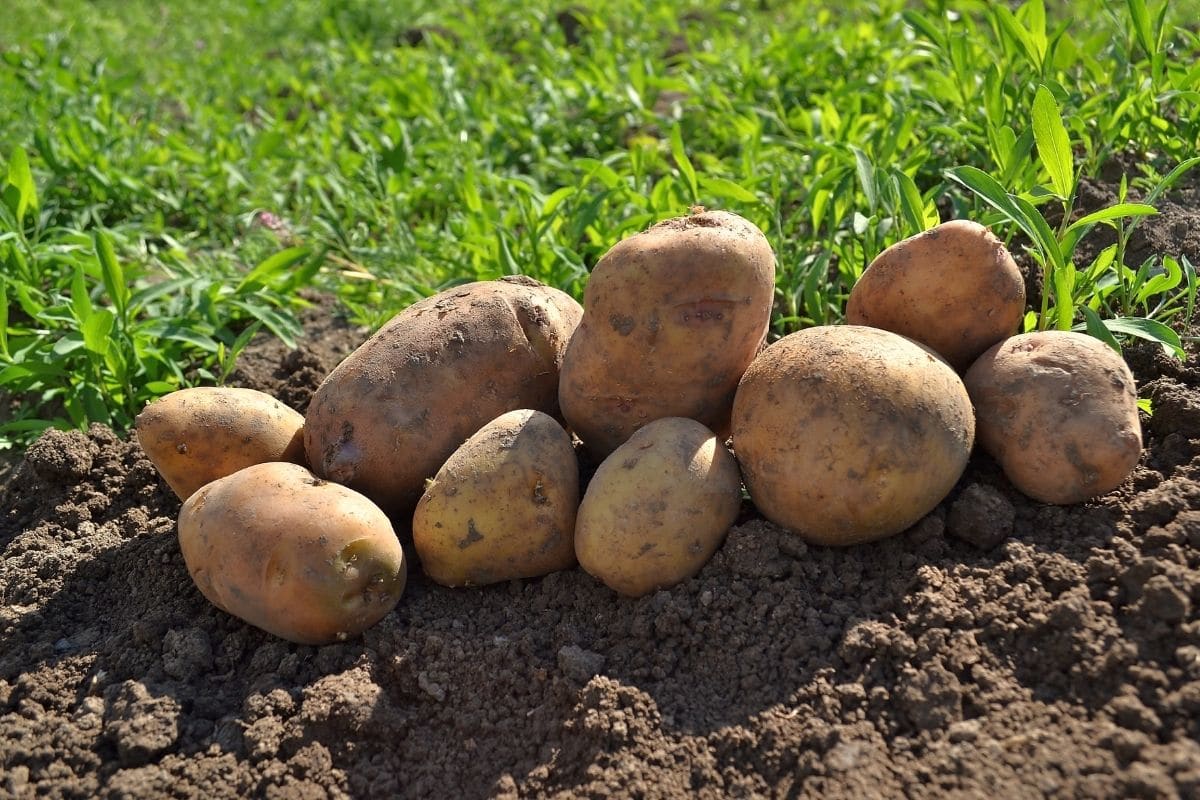
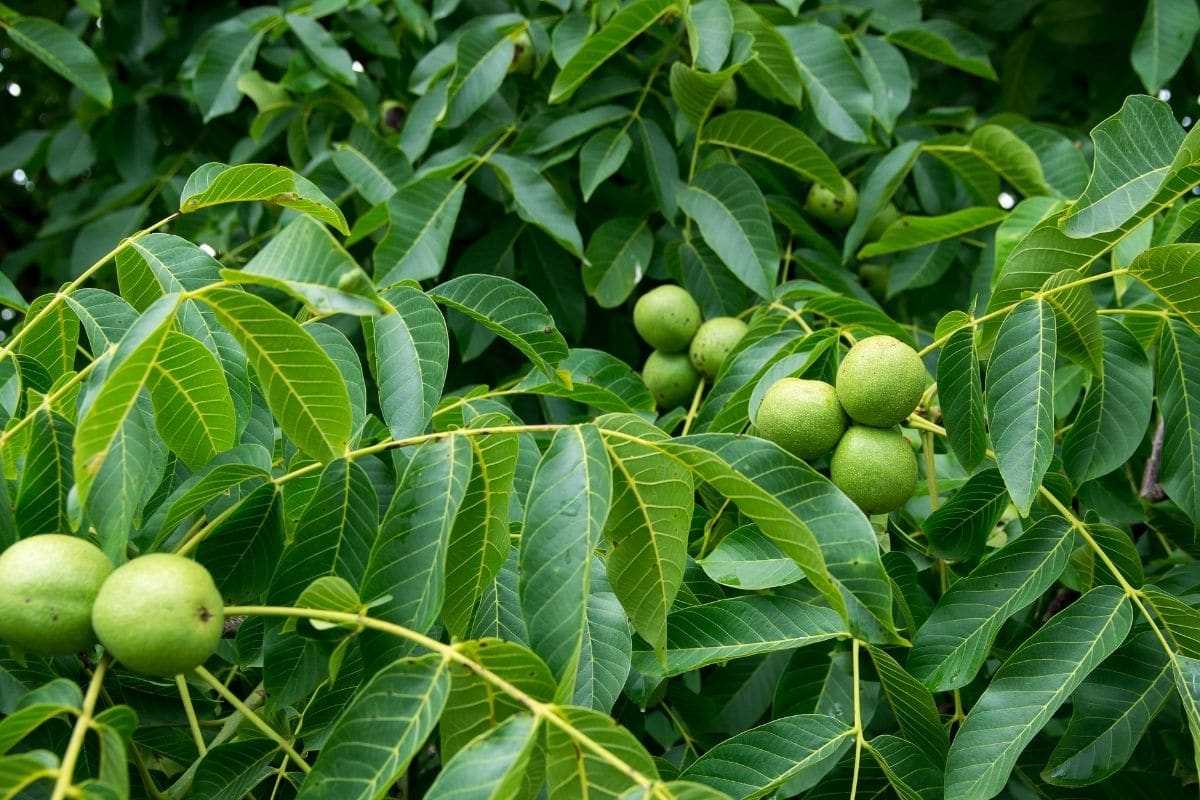
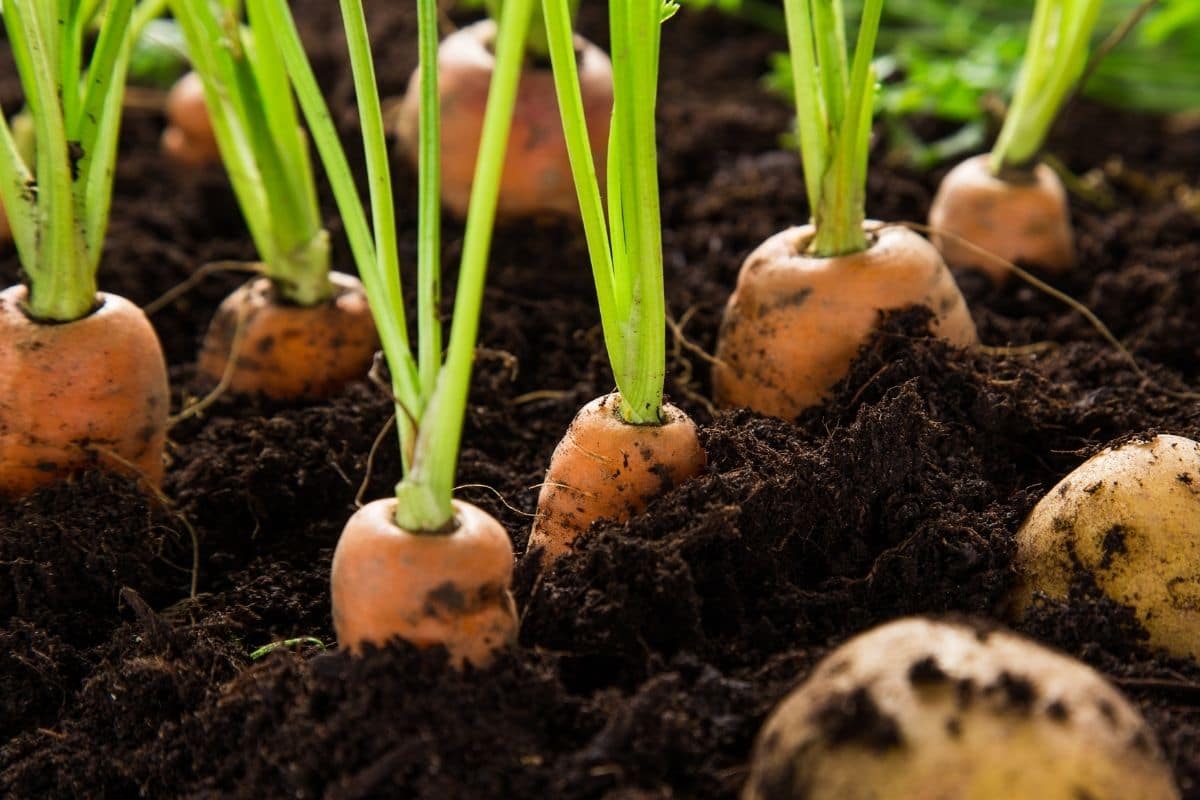
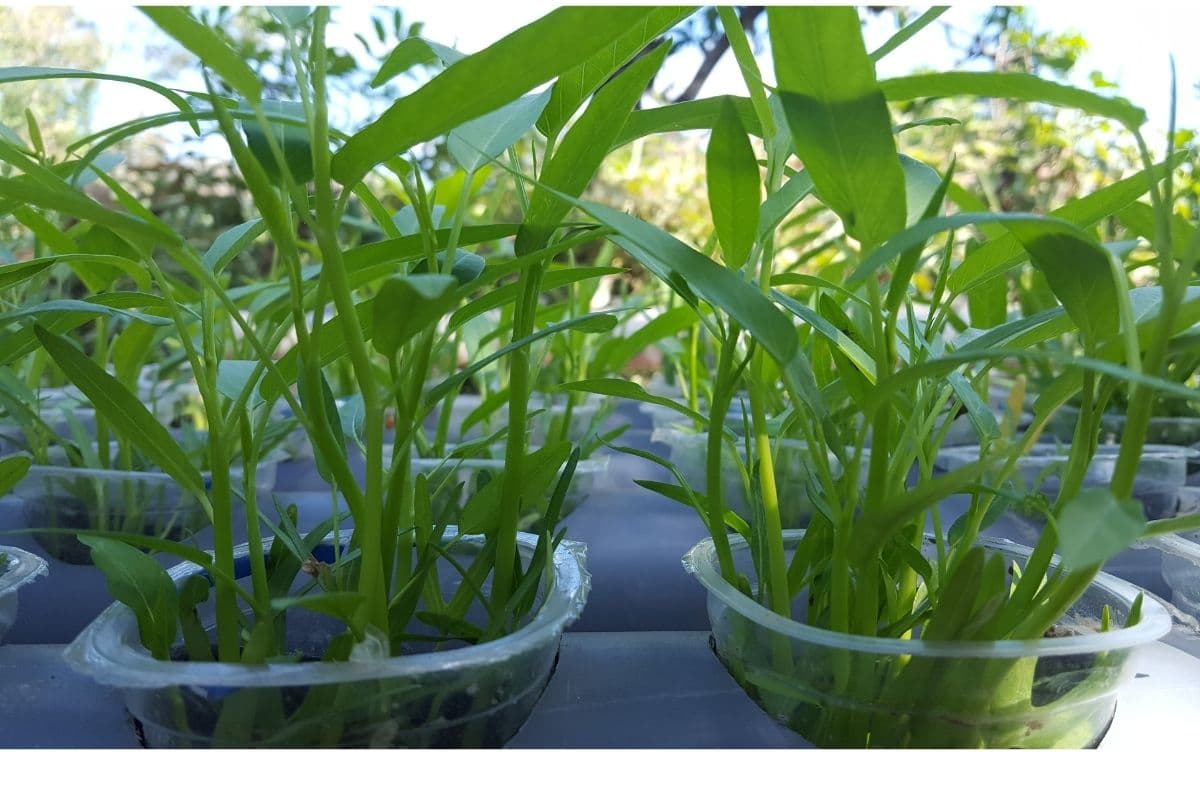
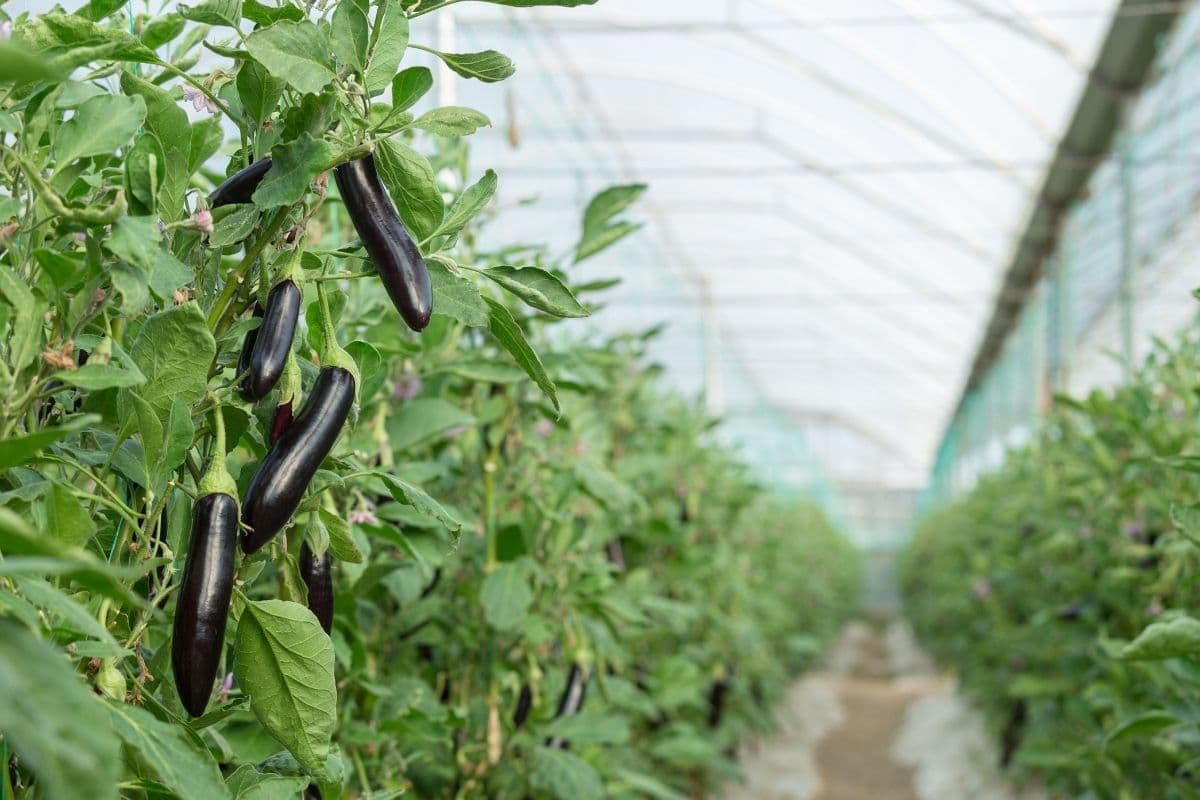
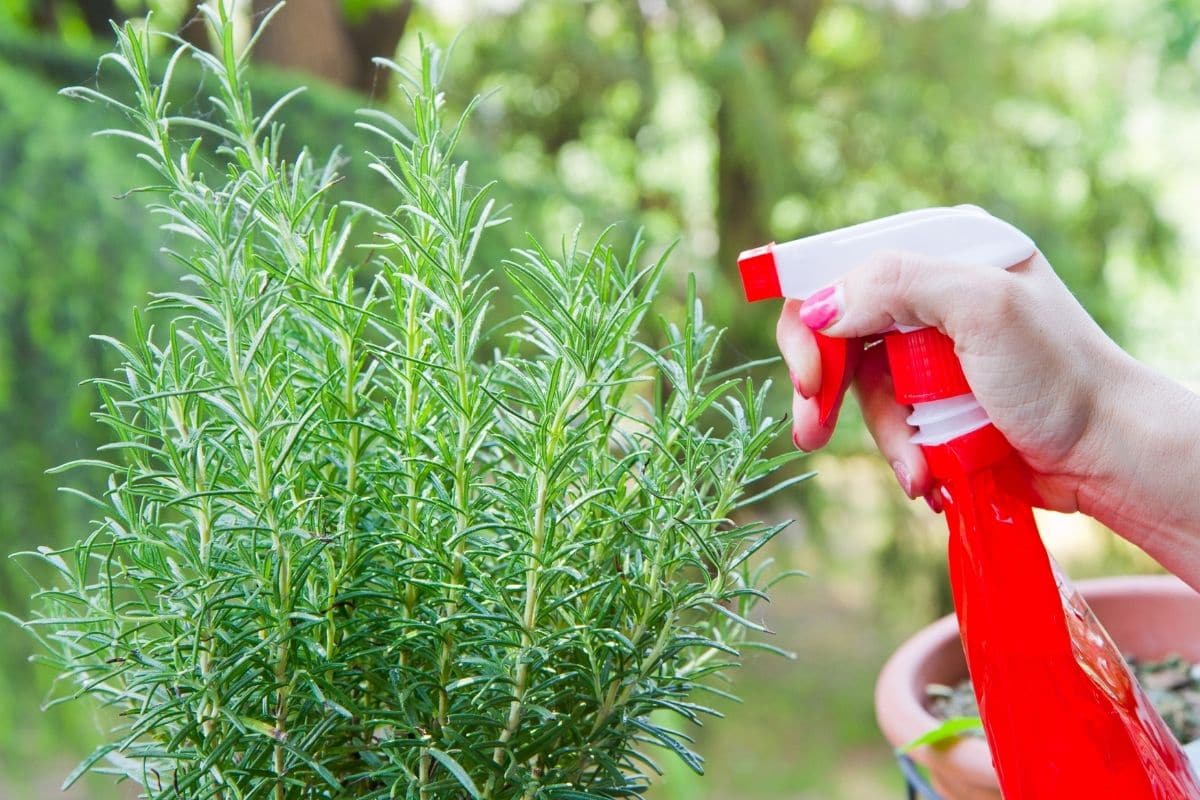


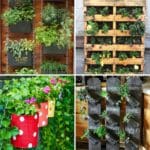
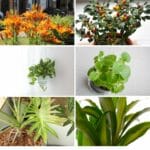
Leave a Reply